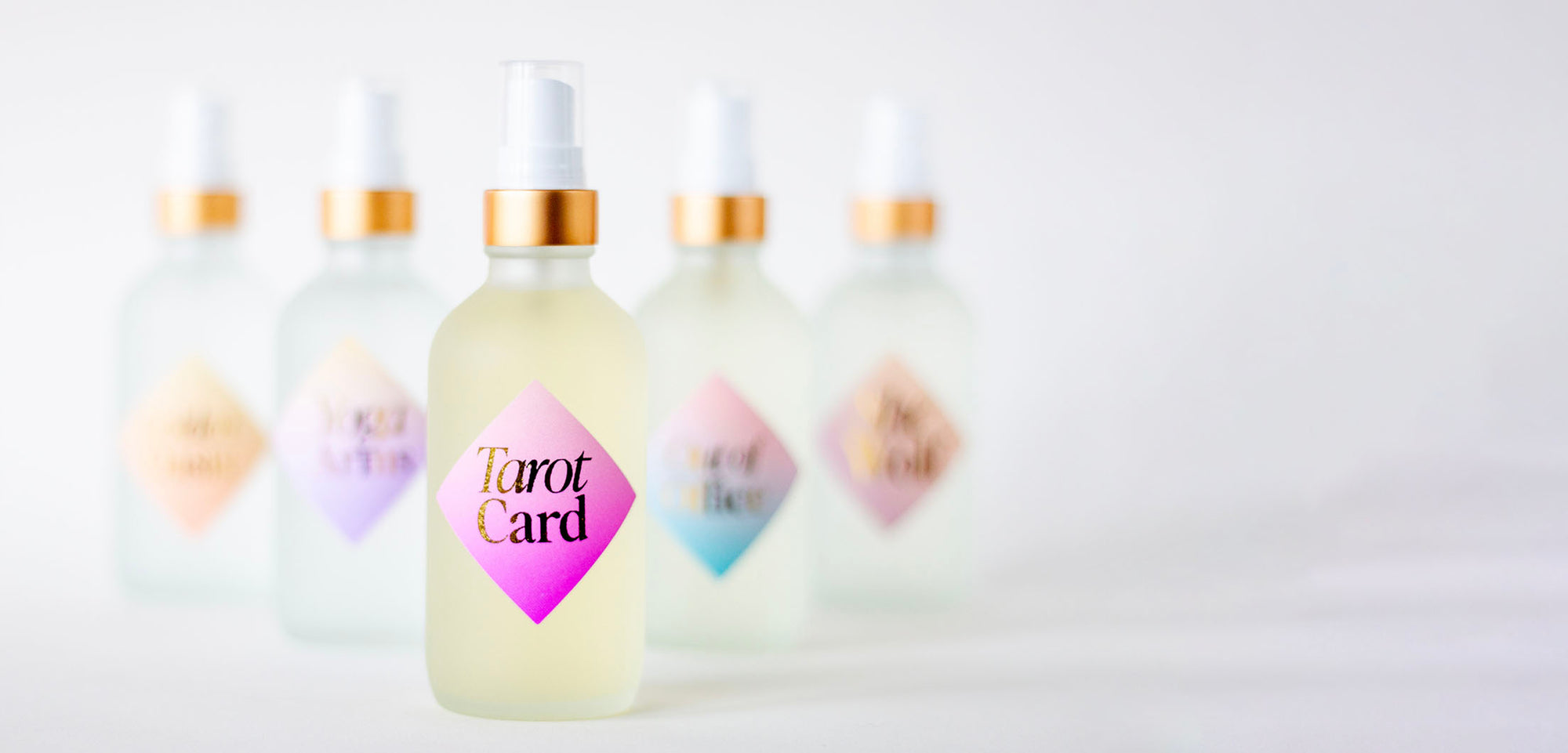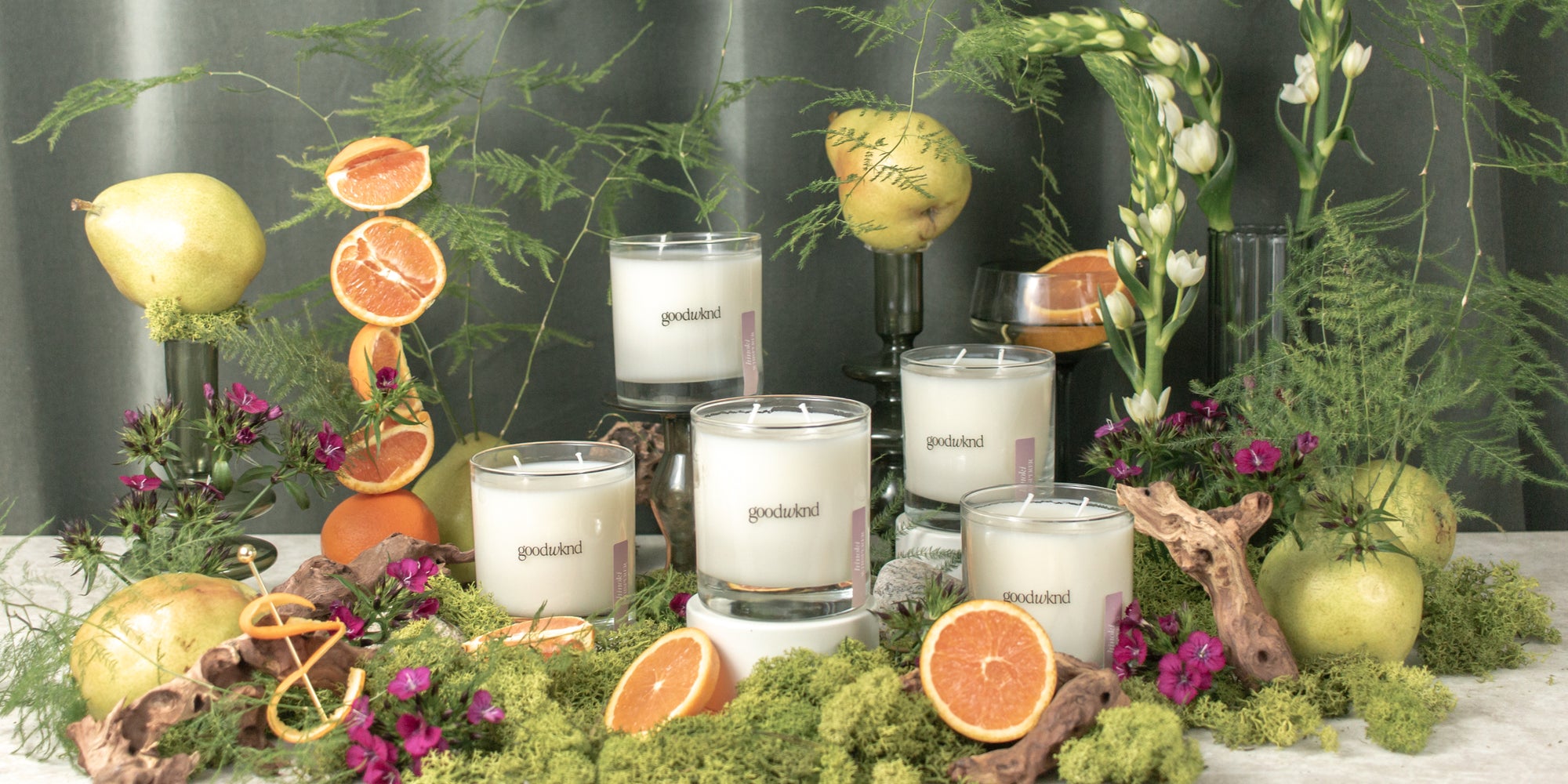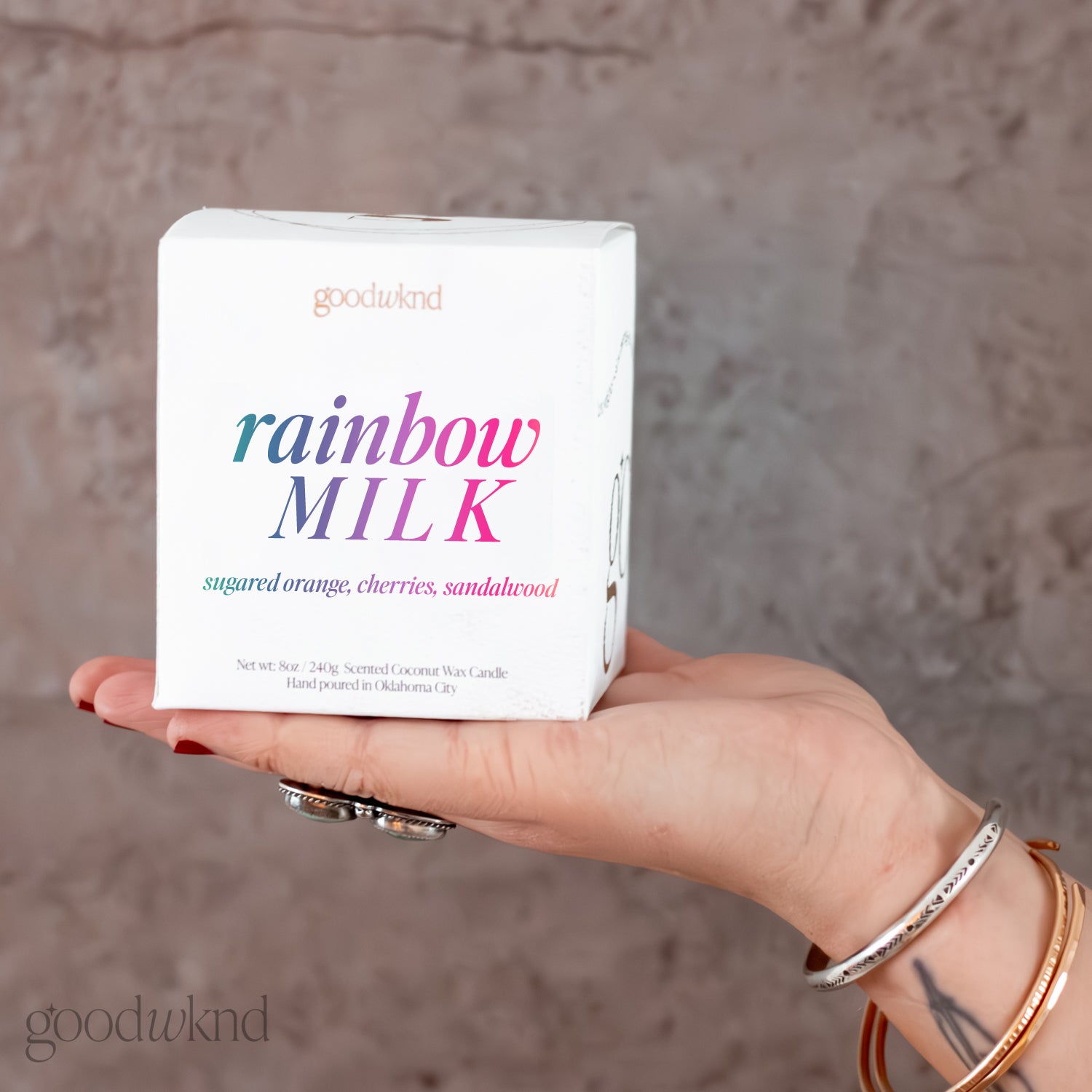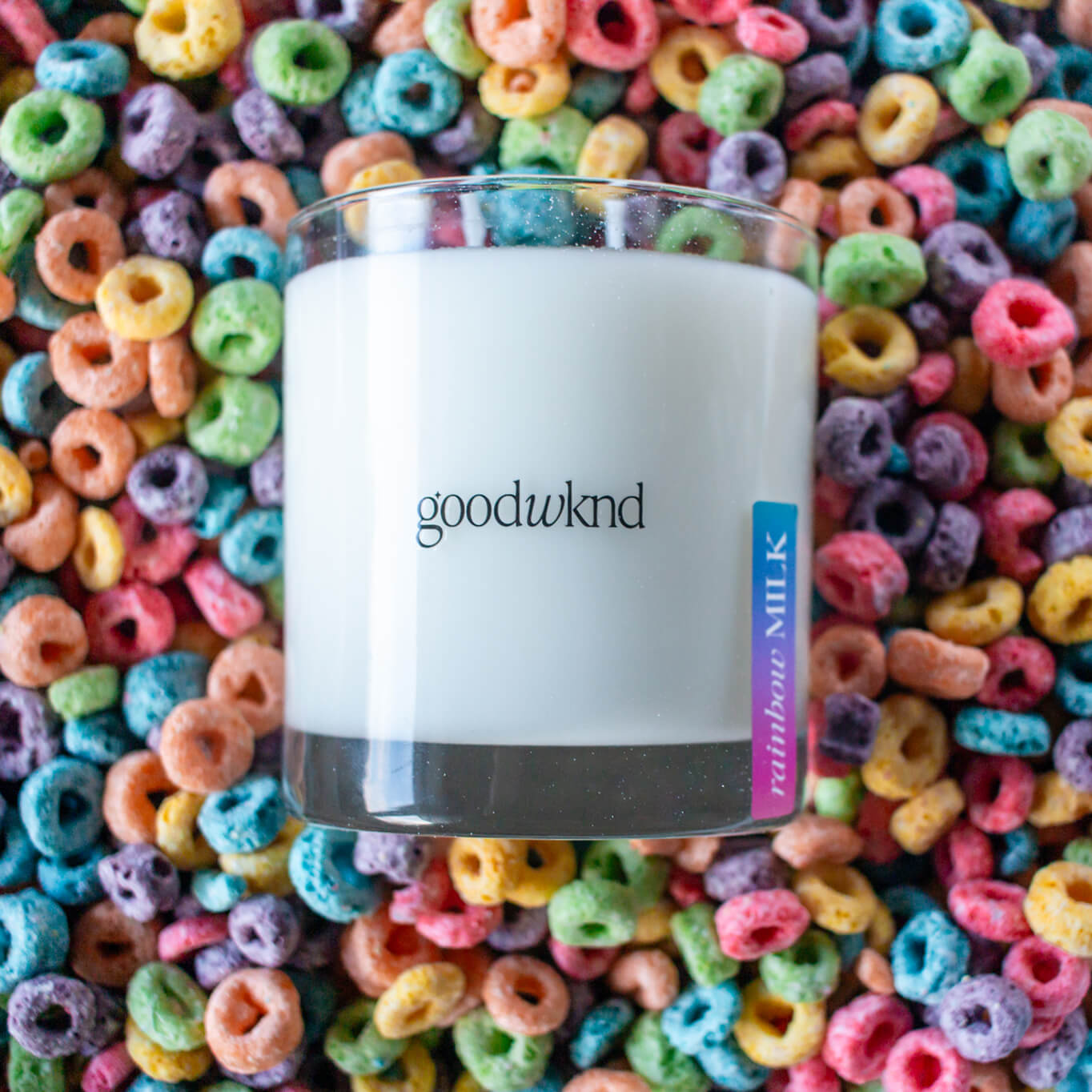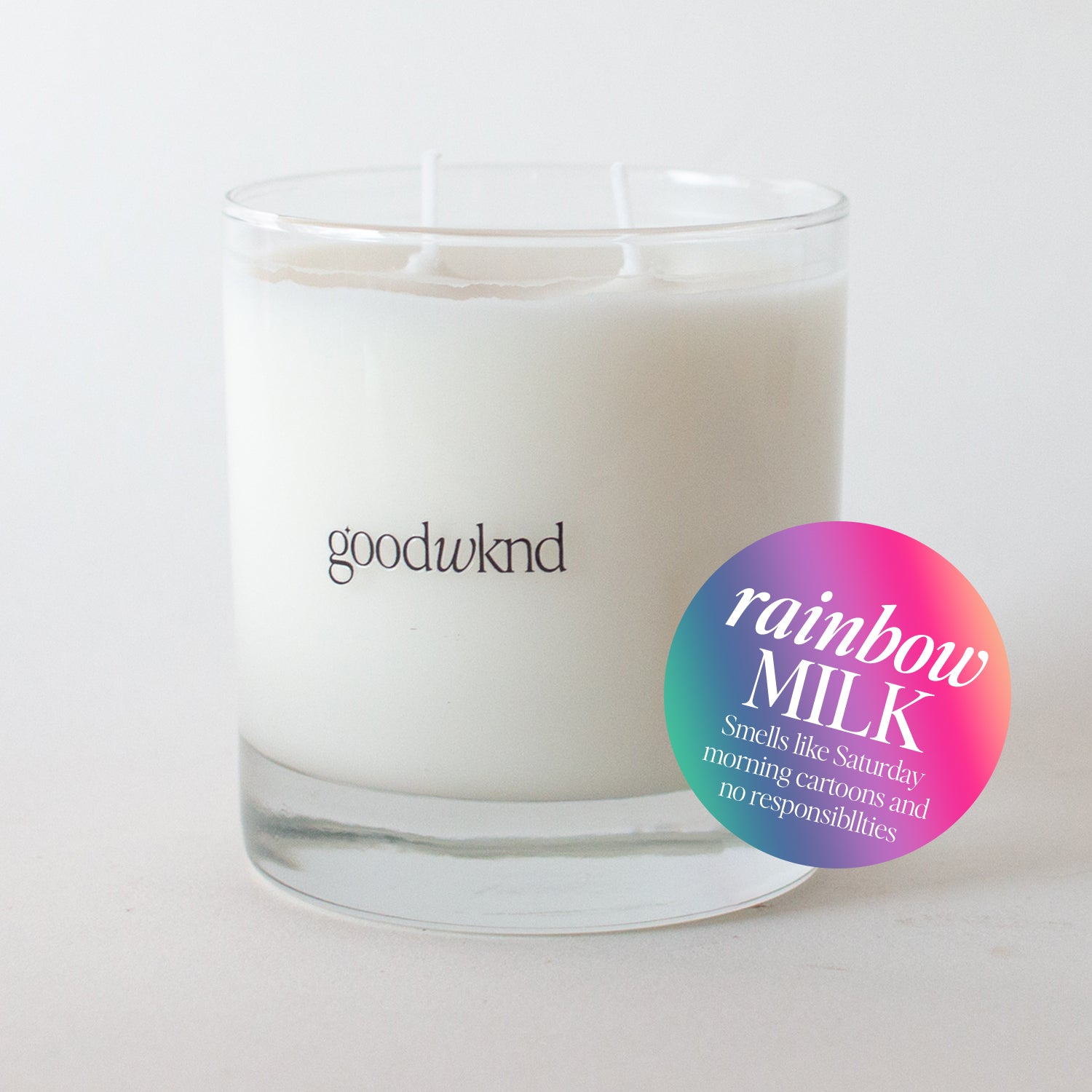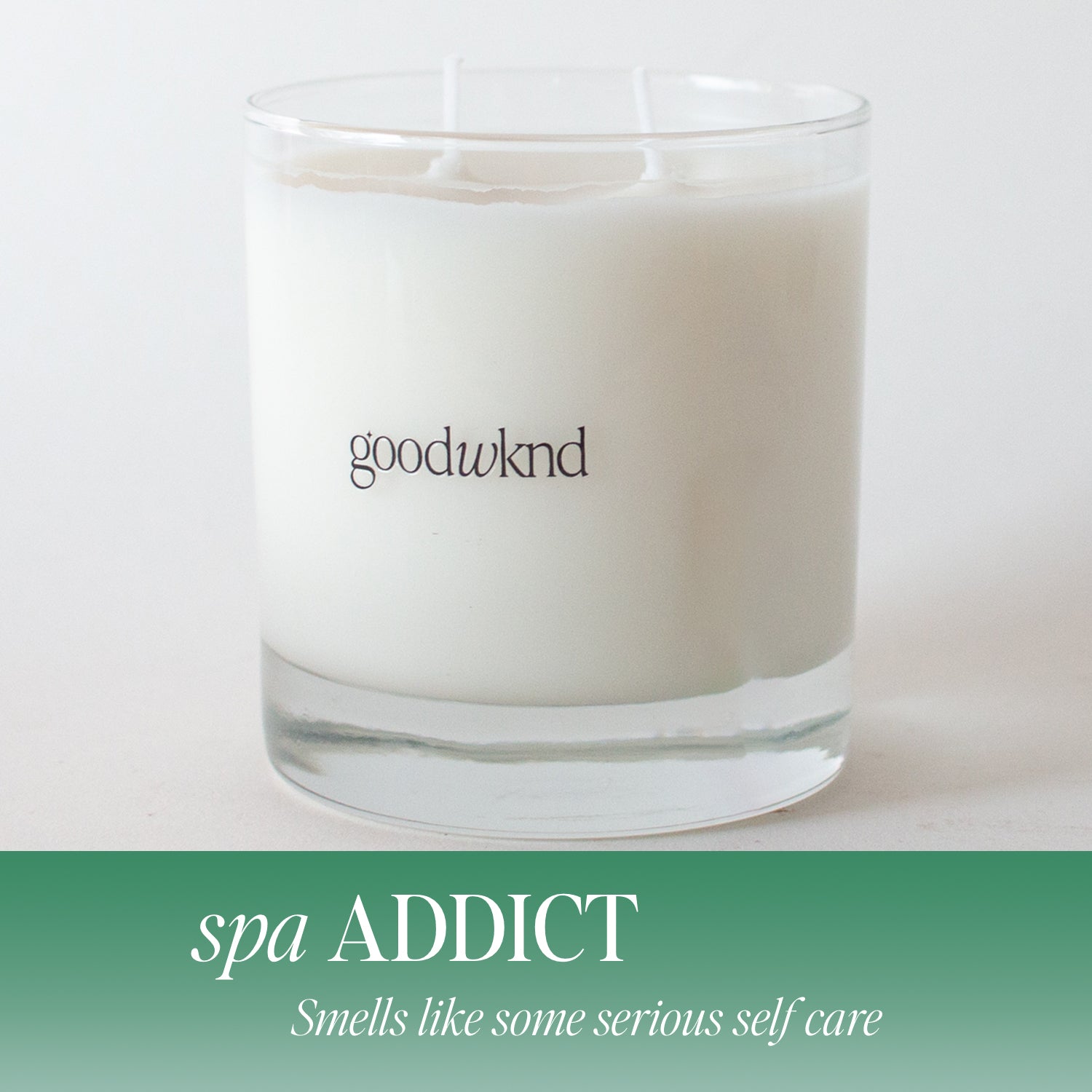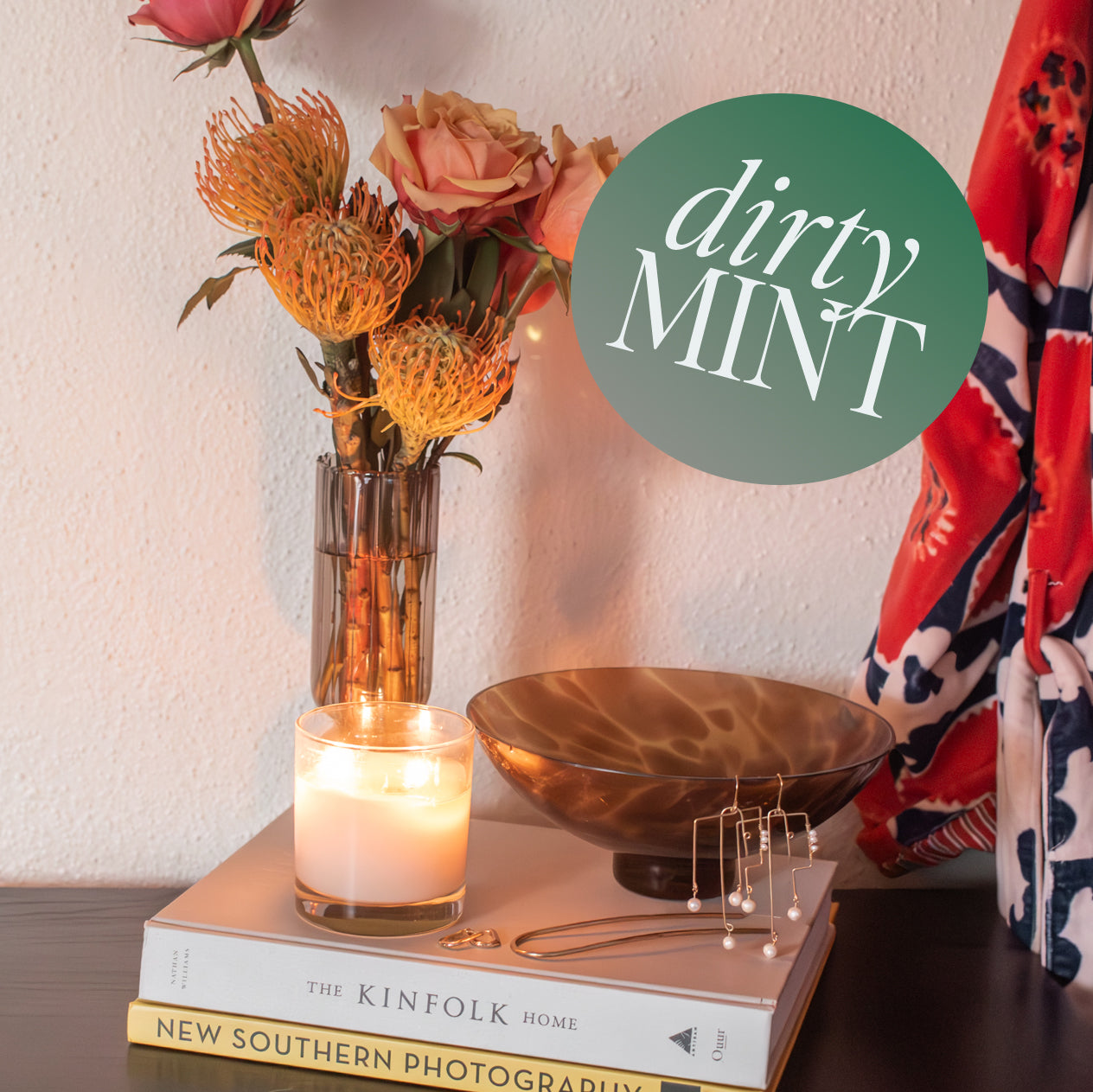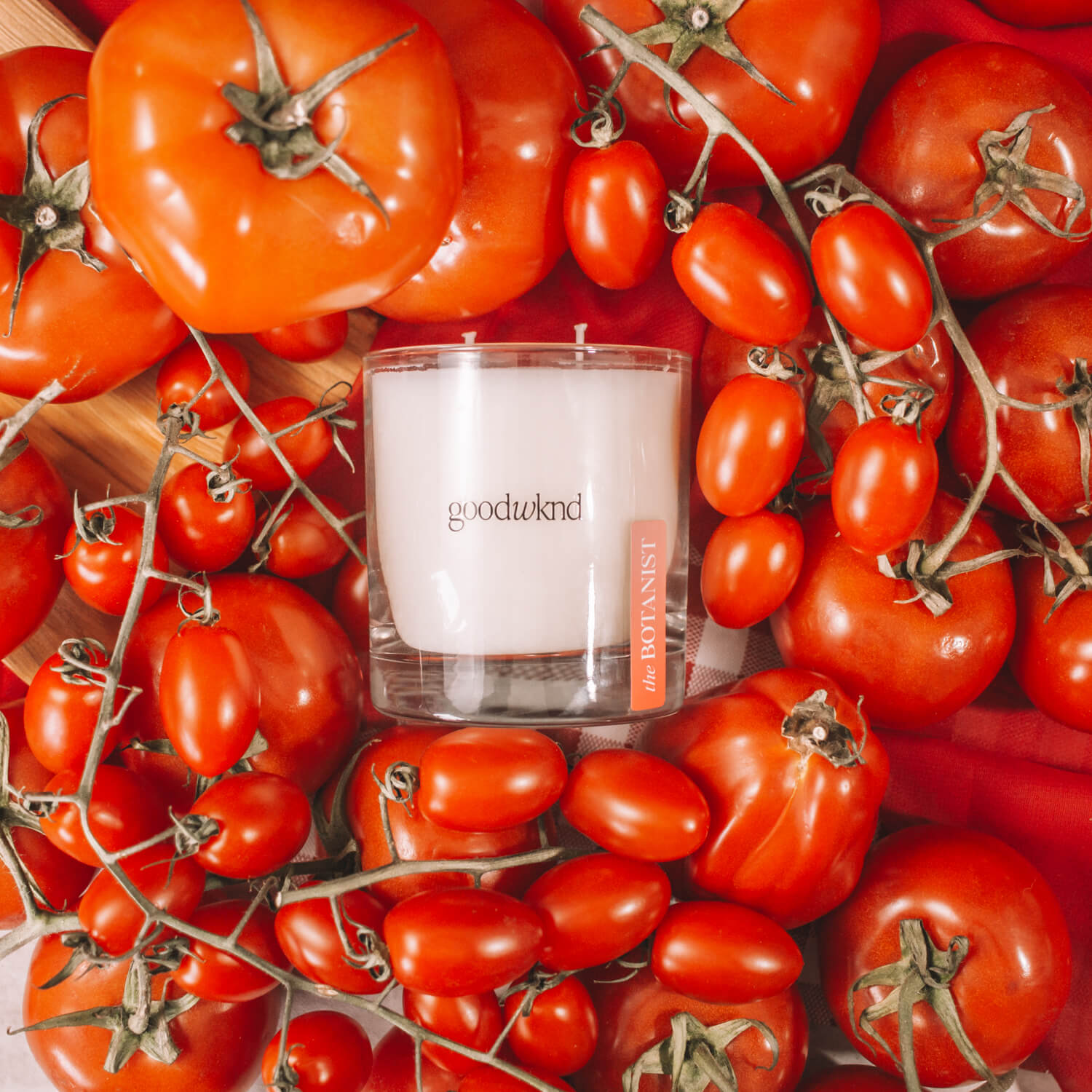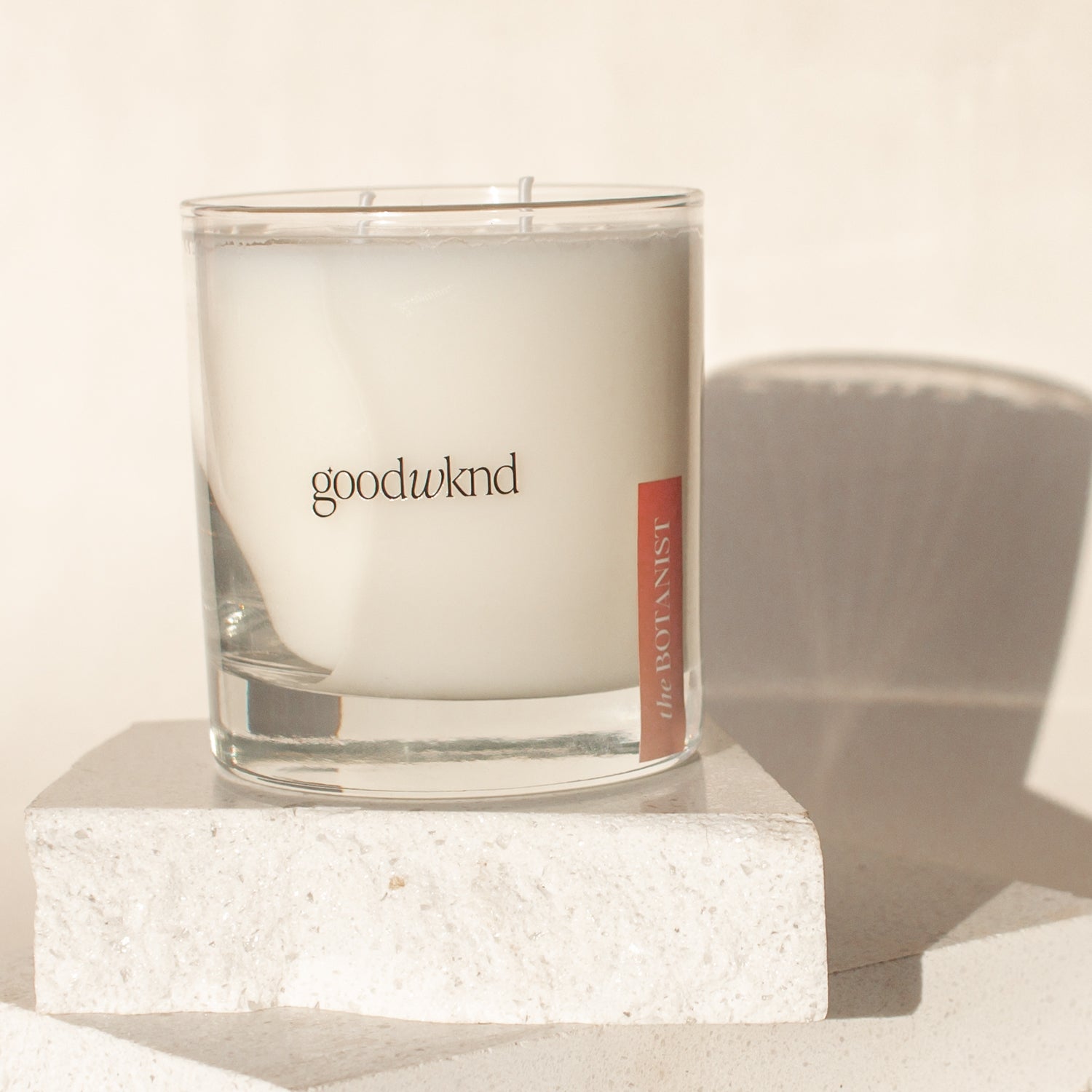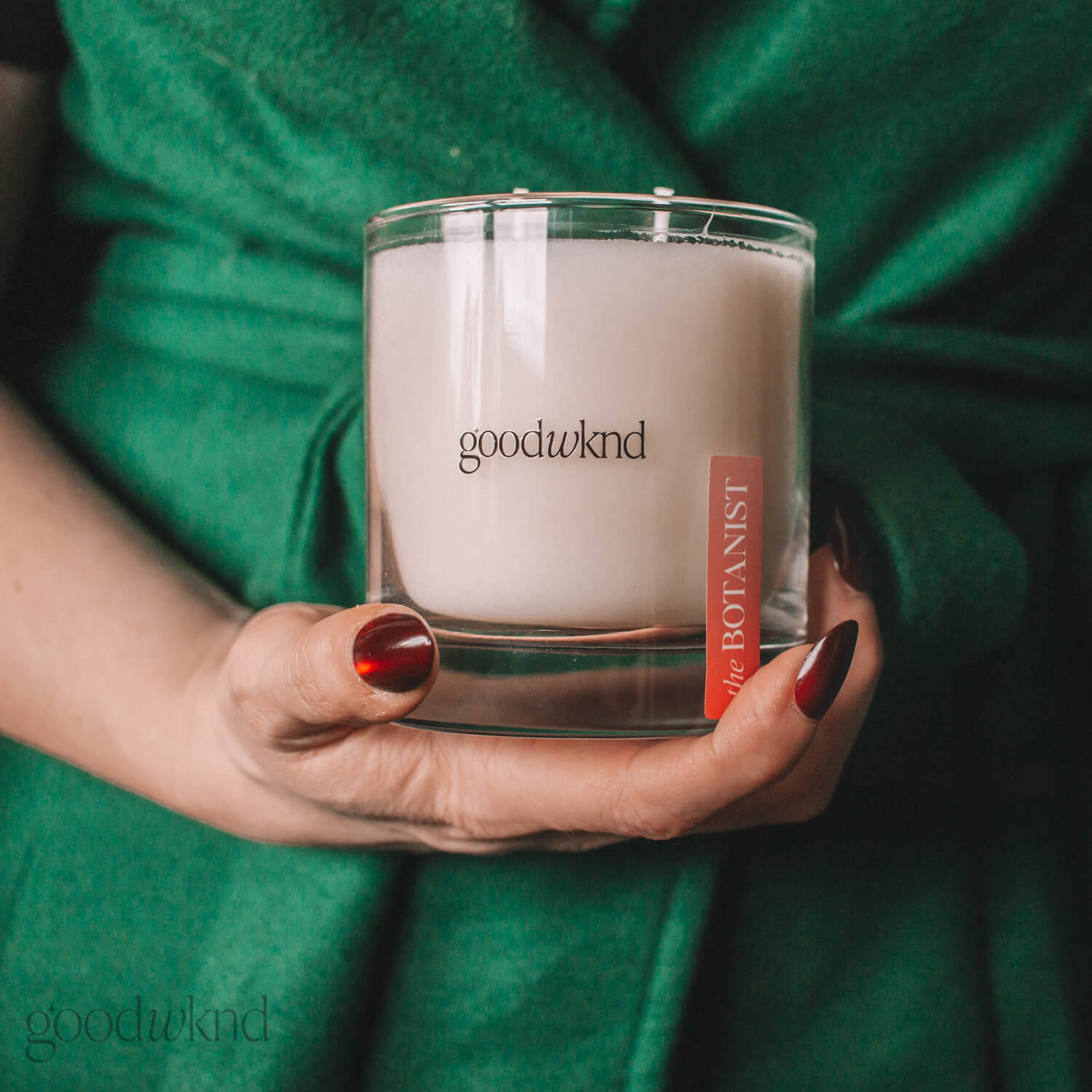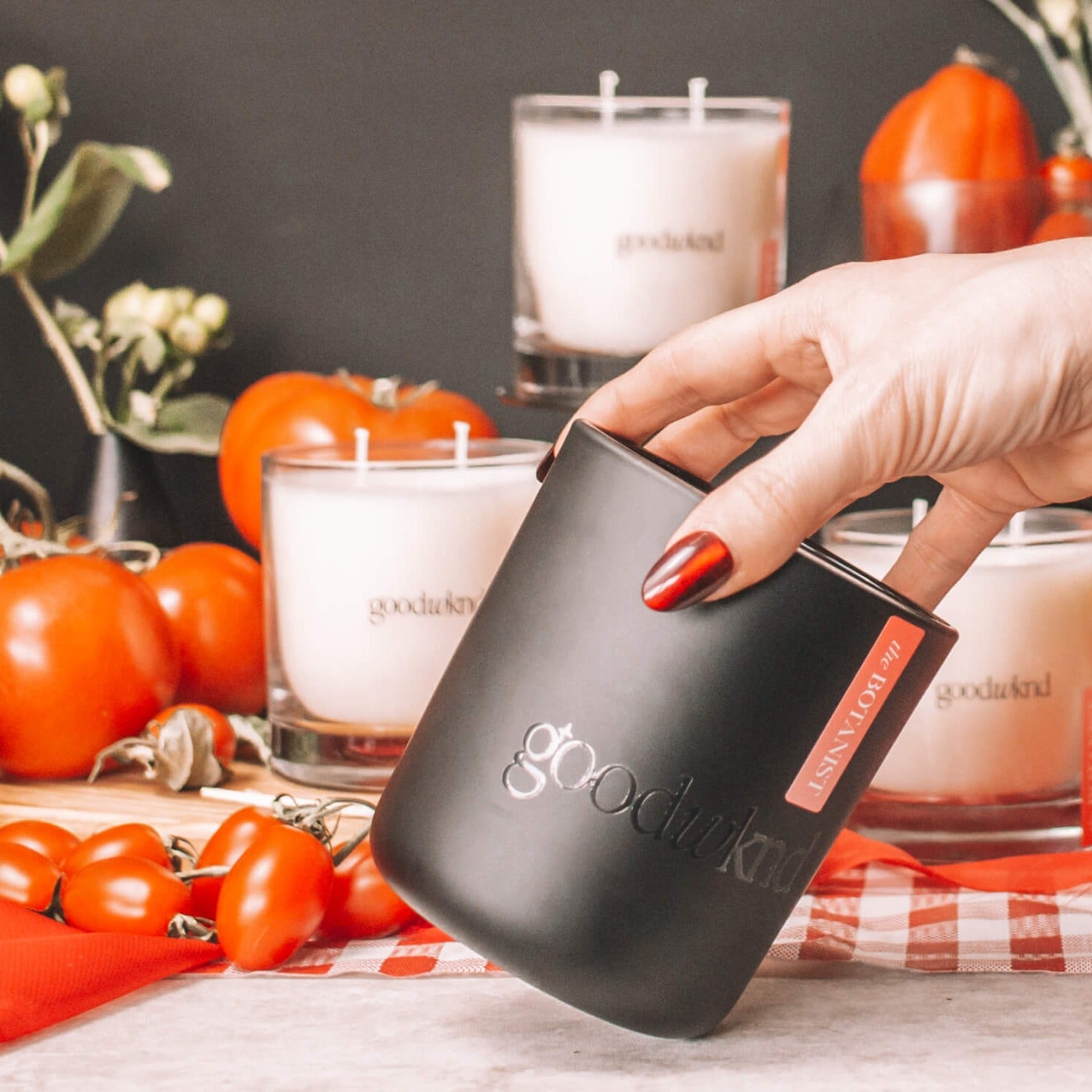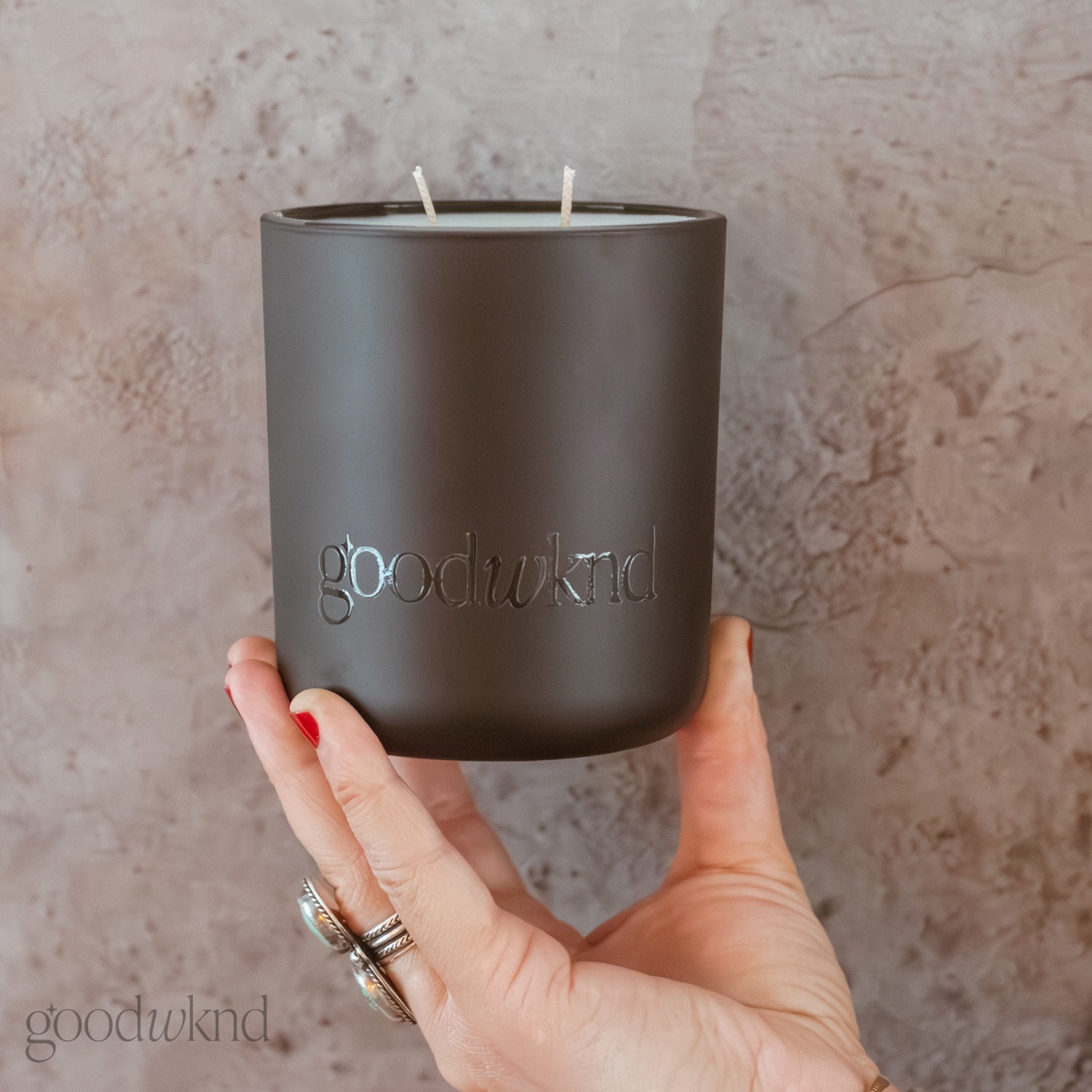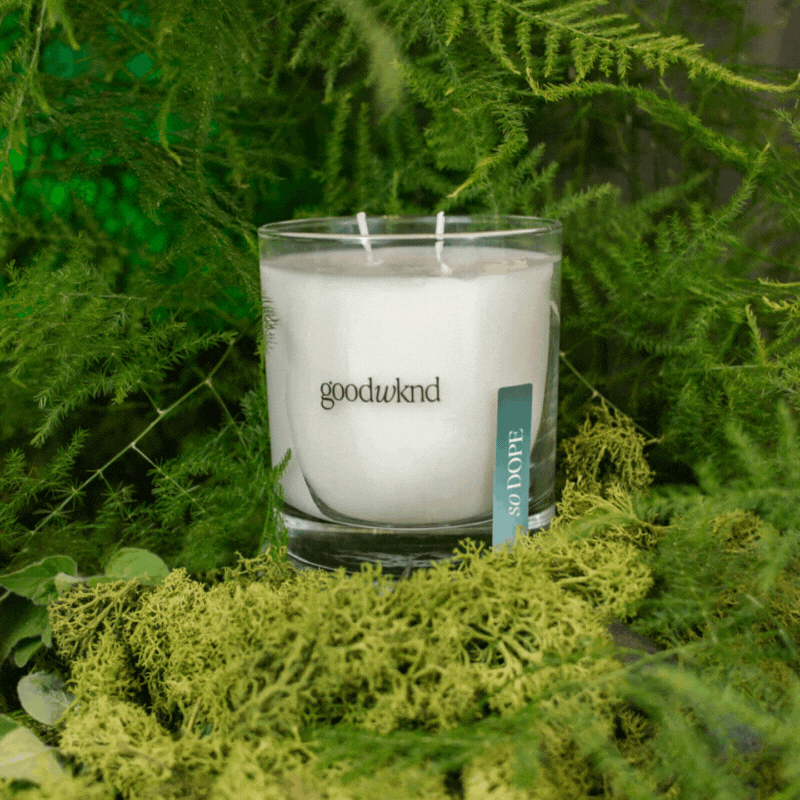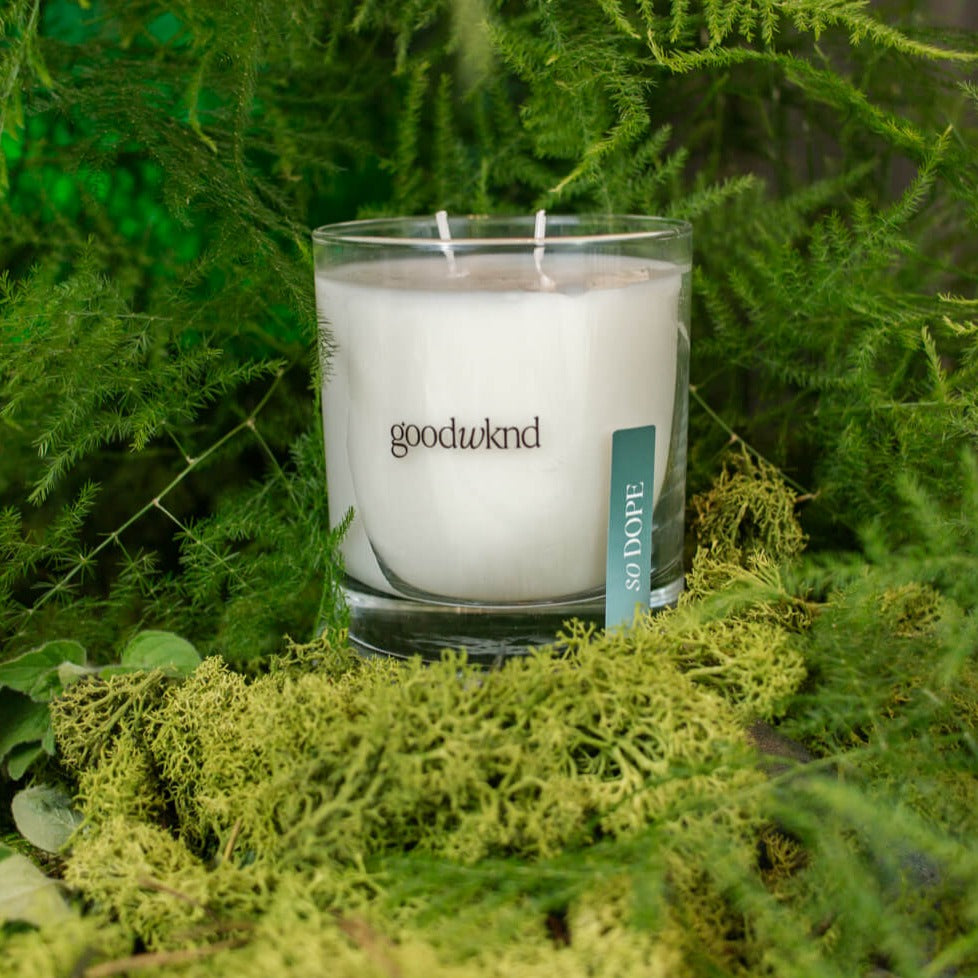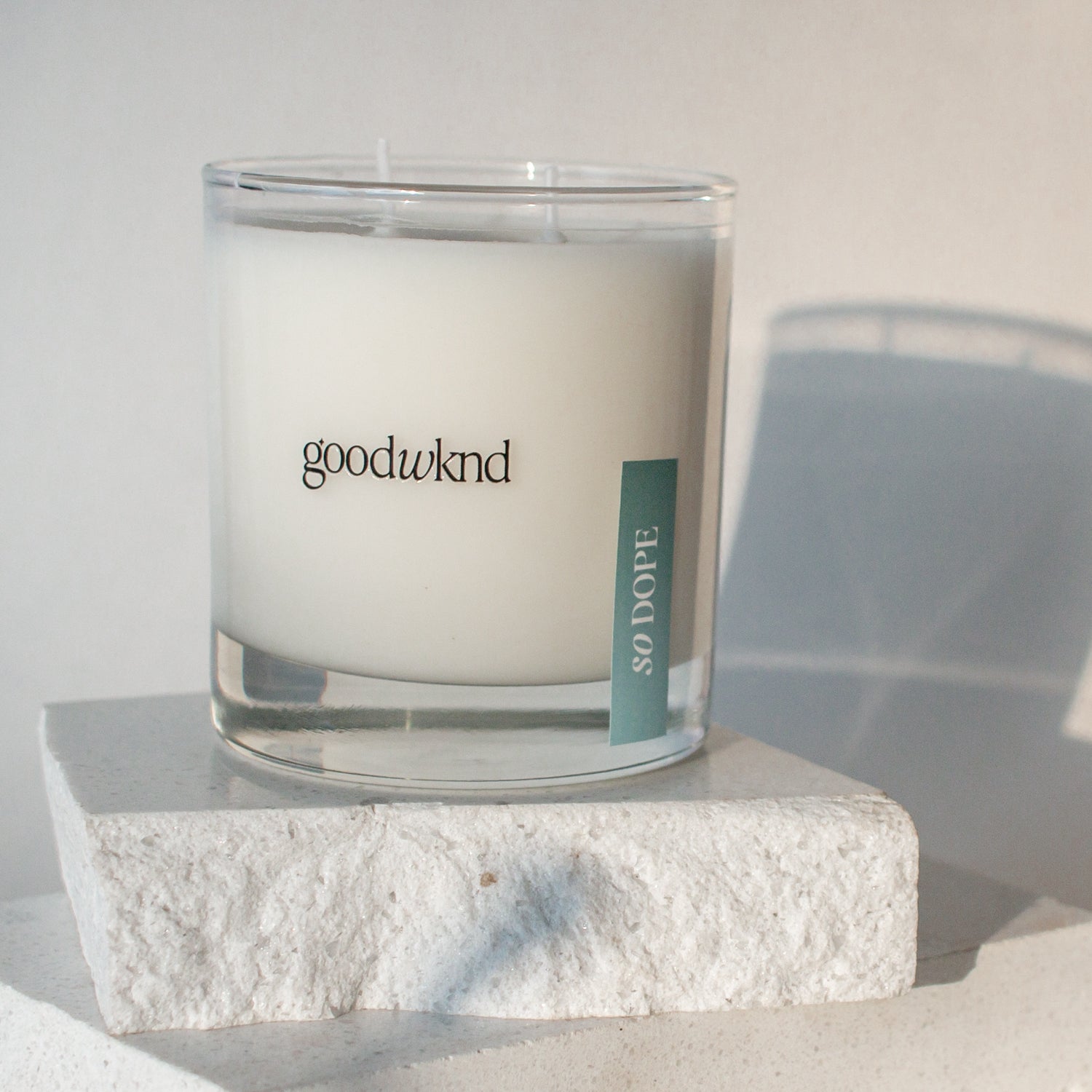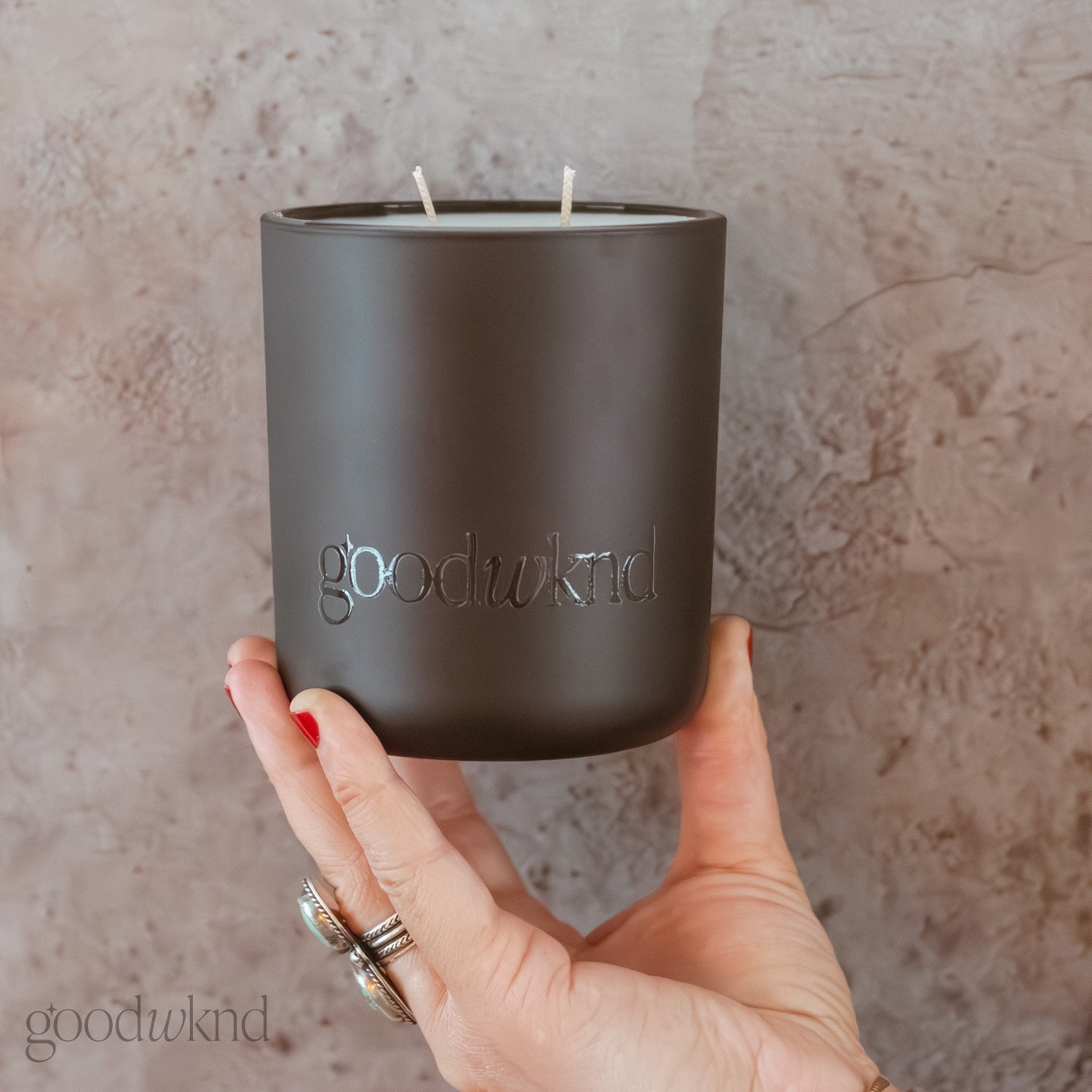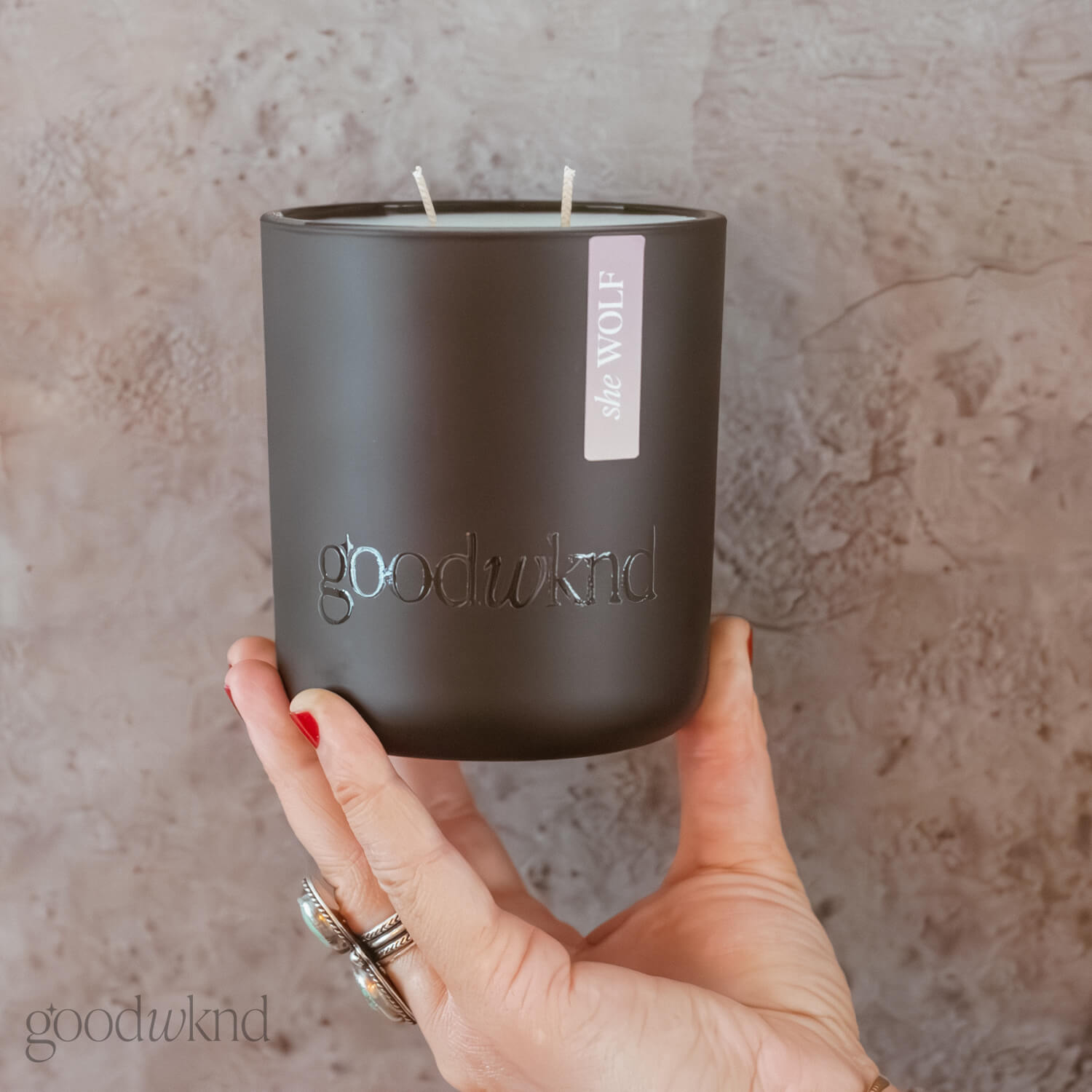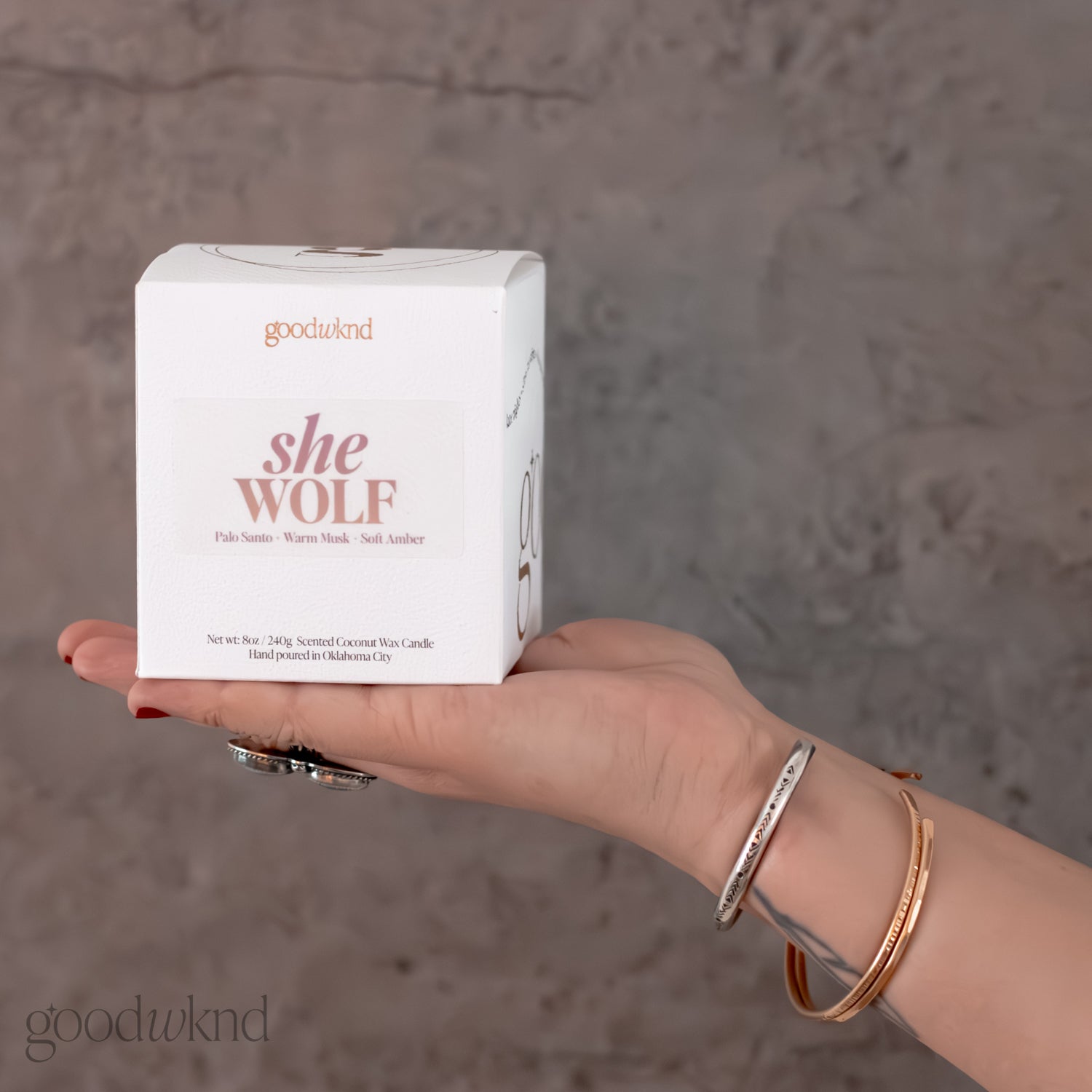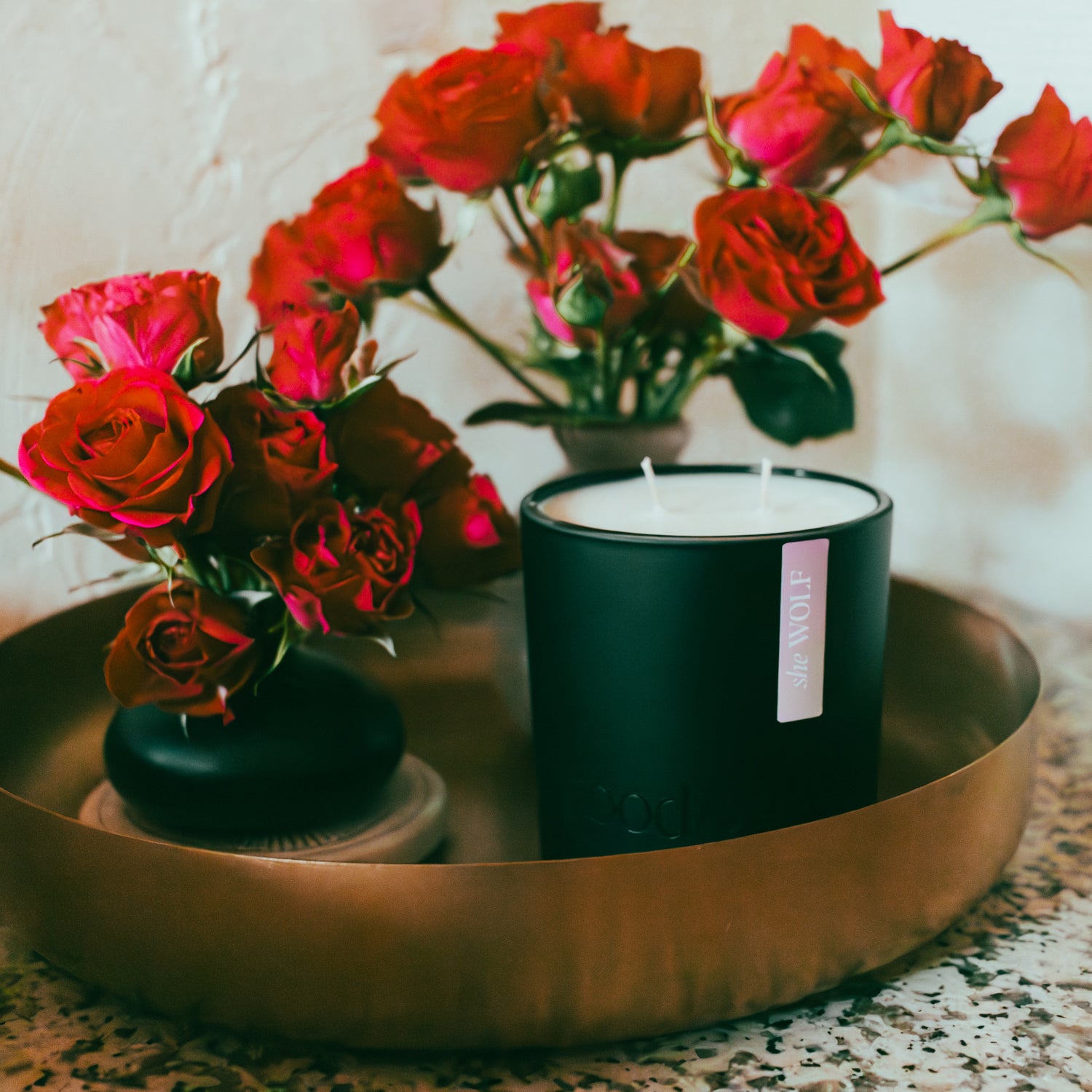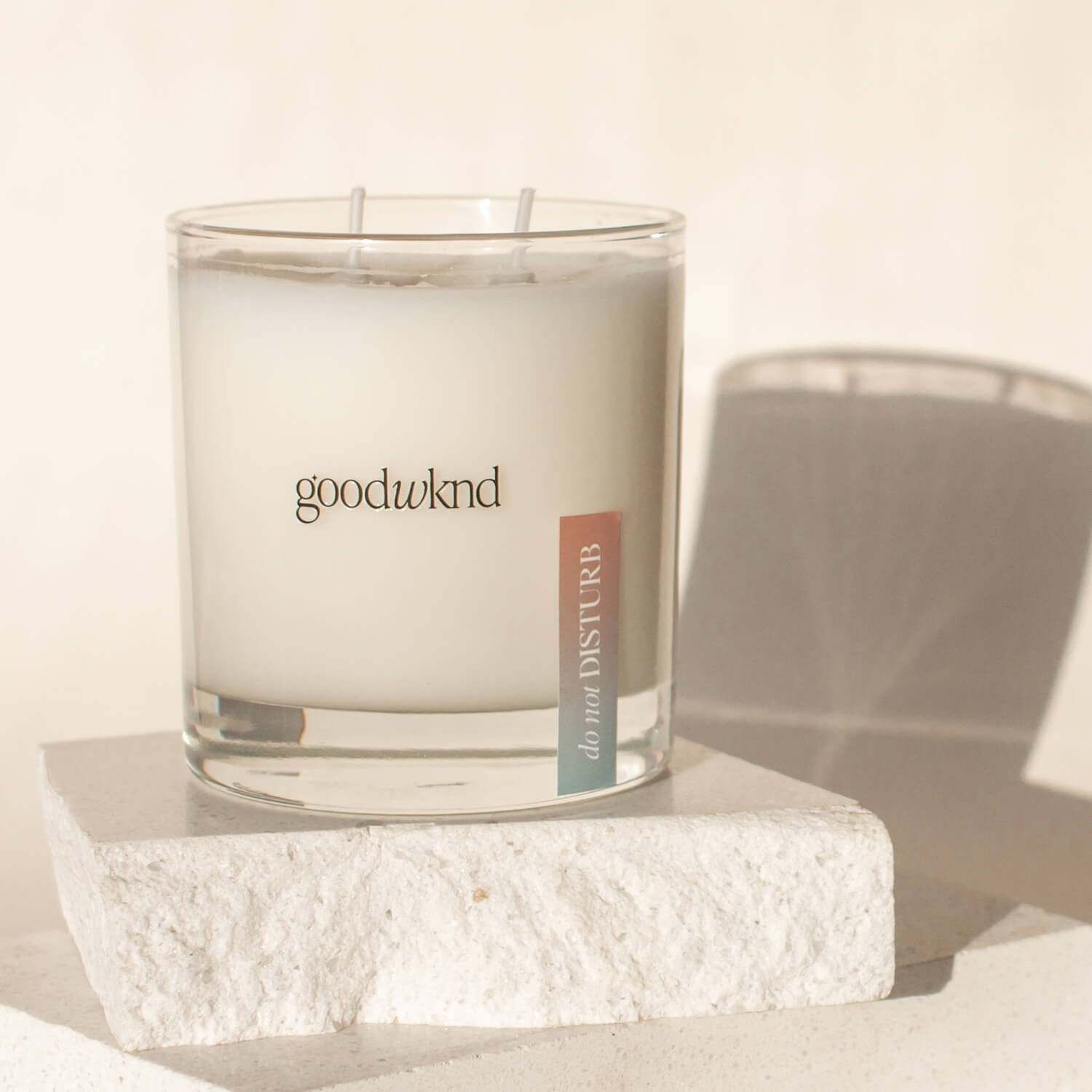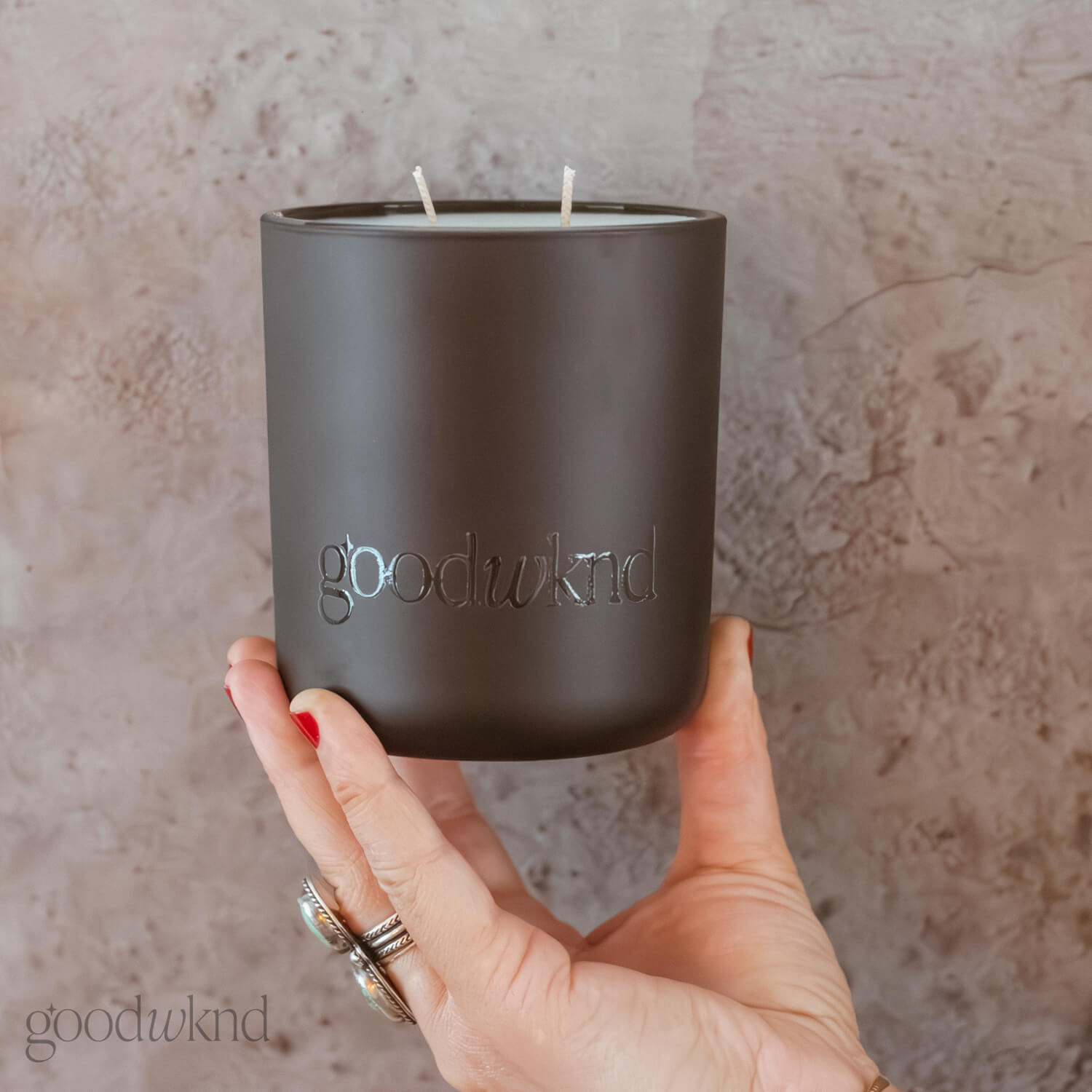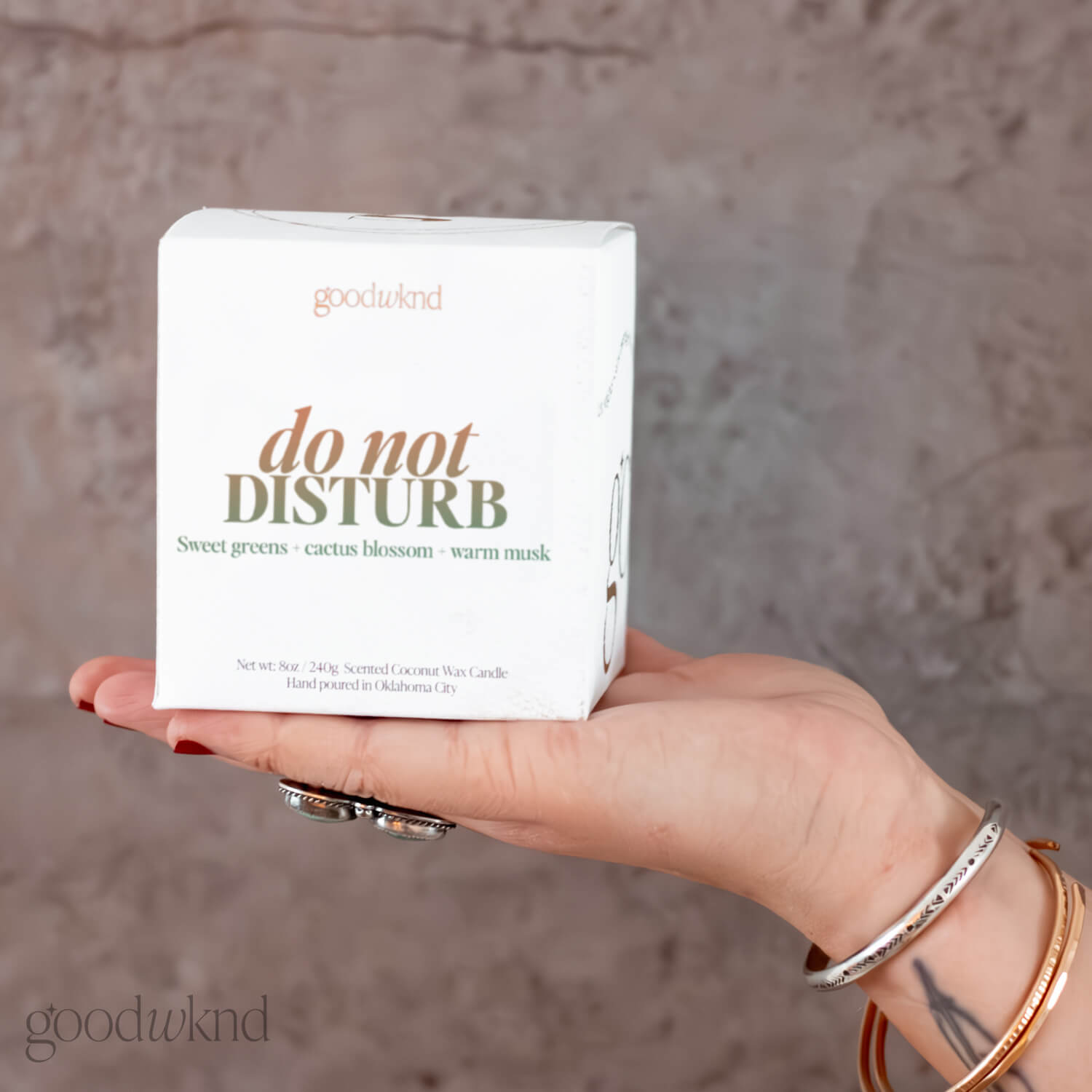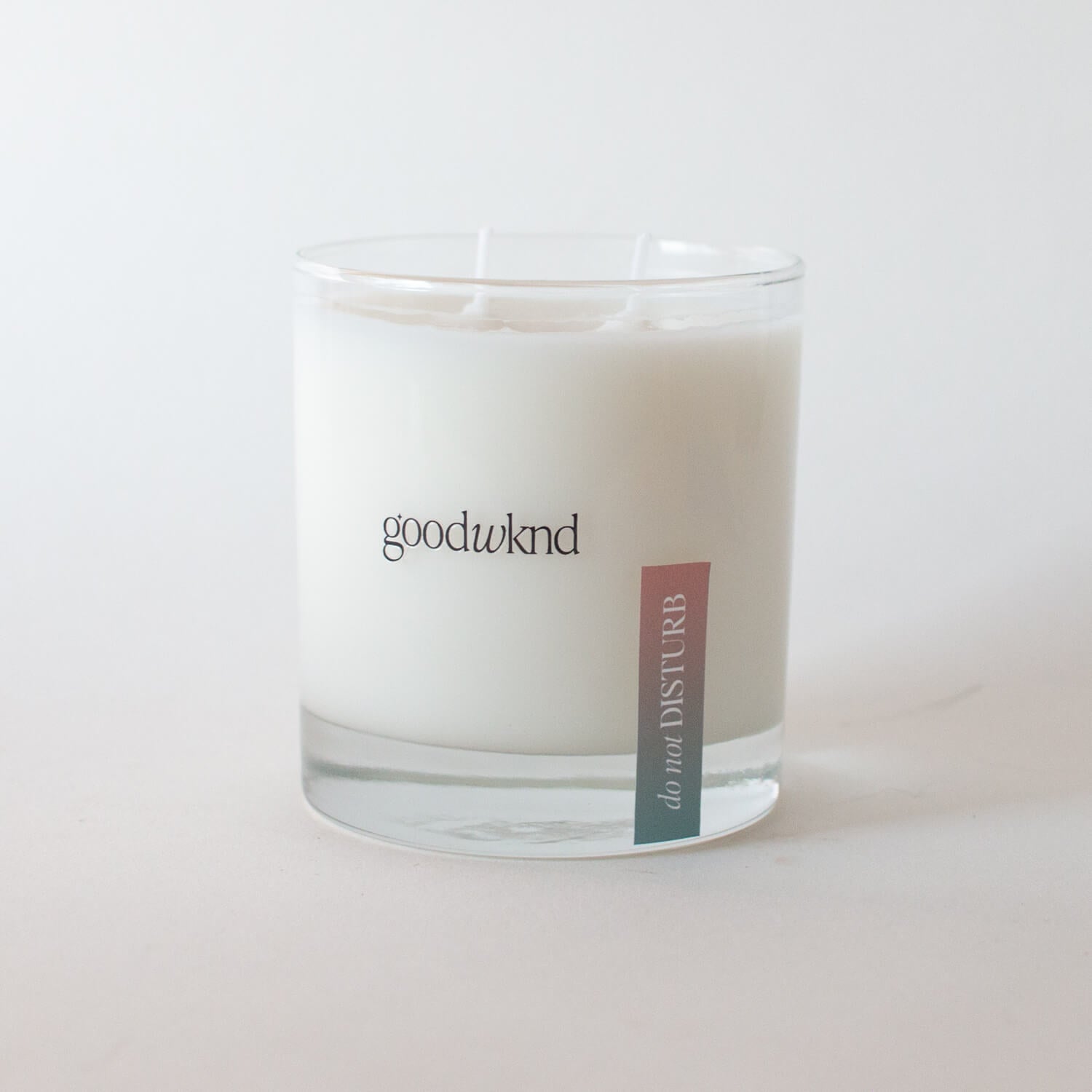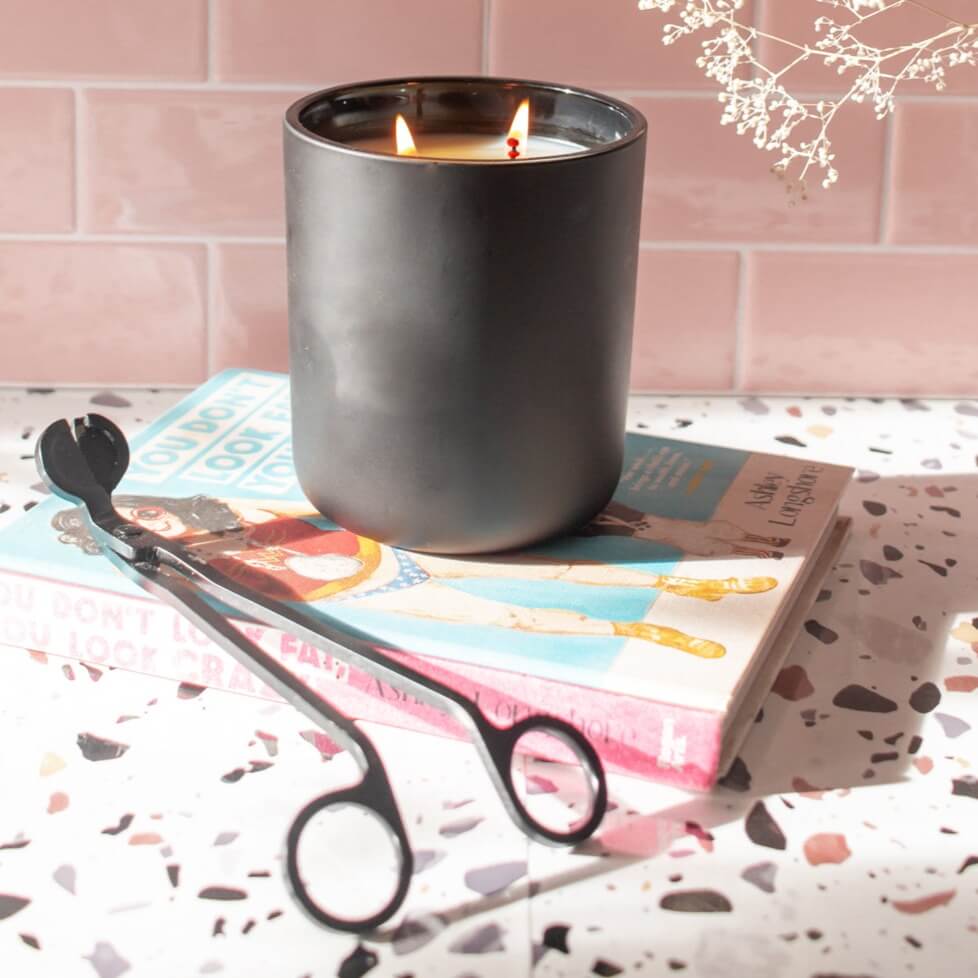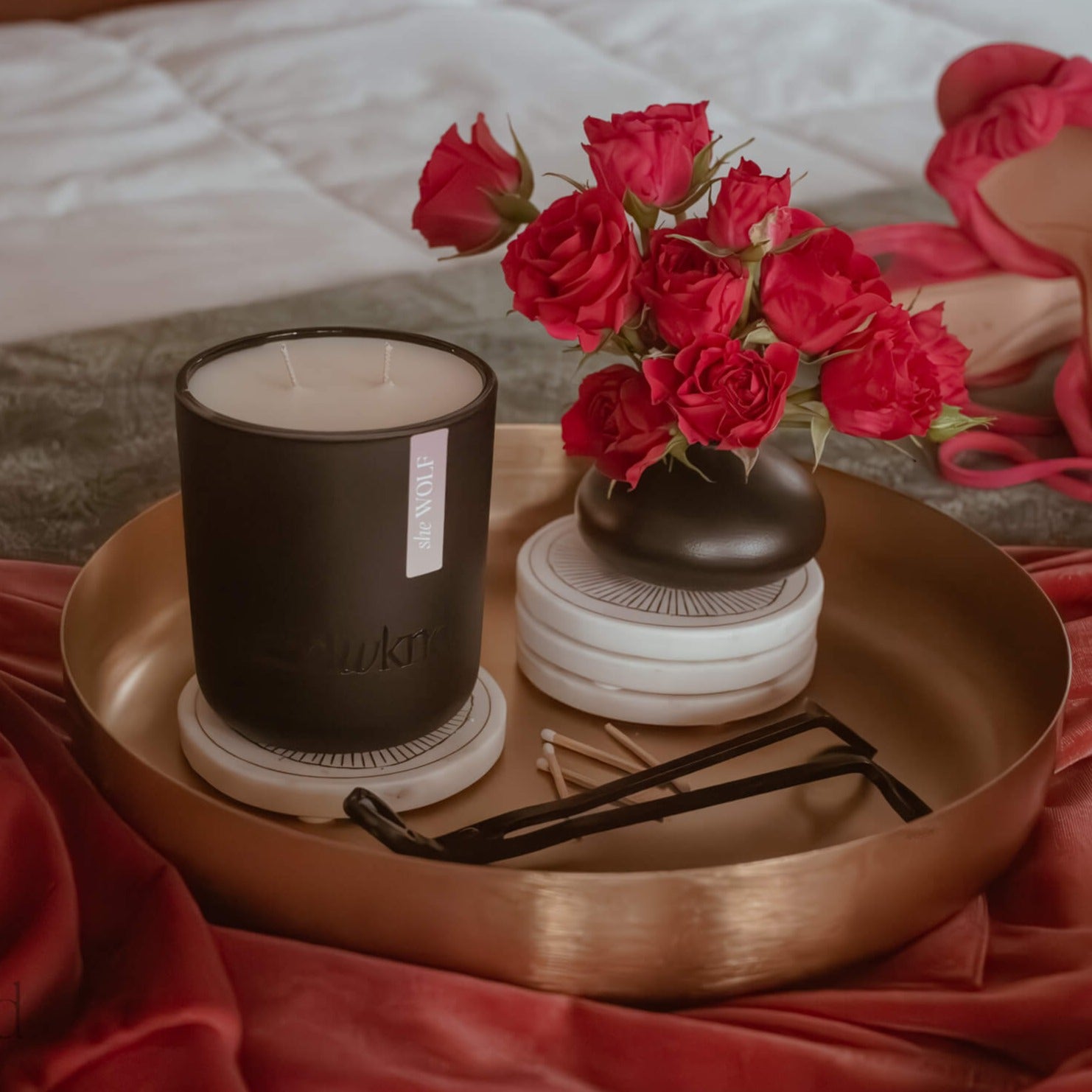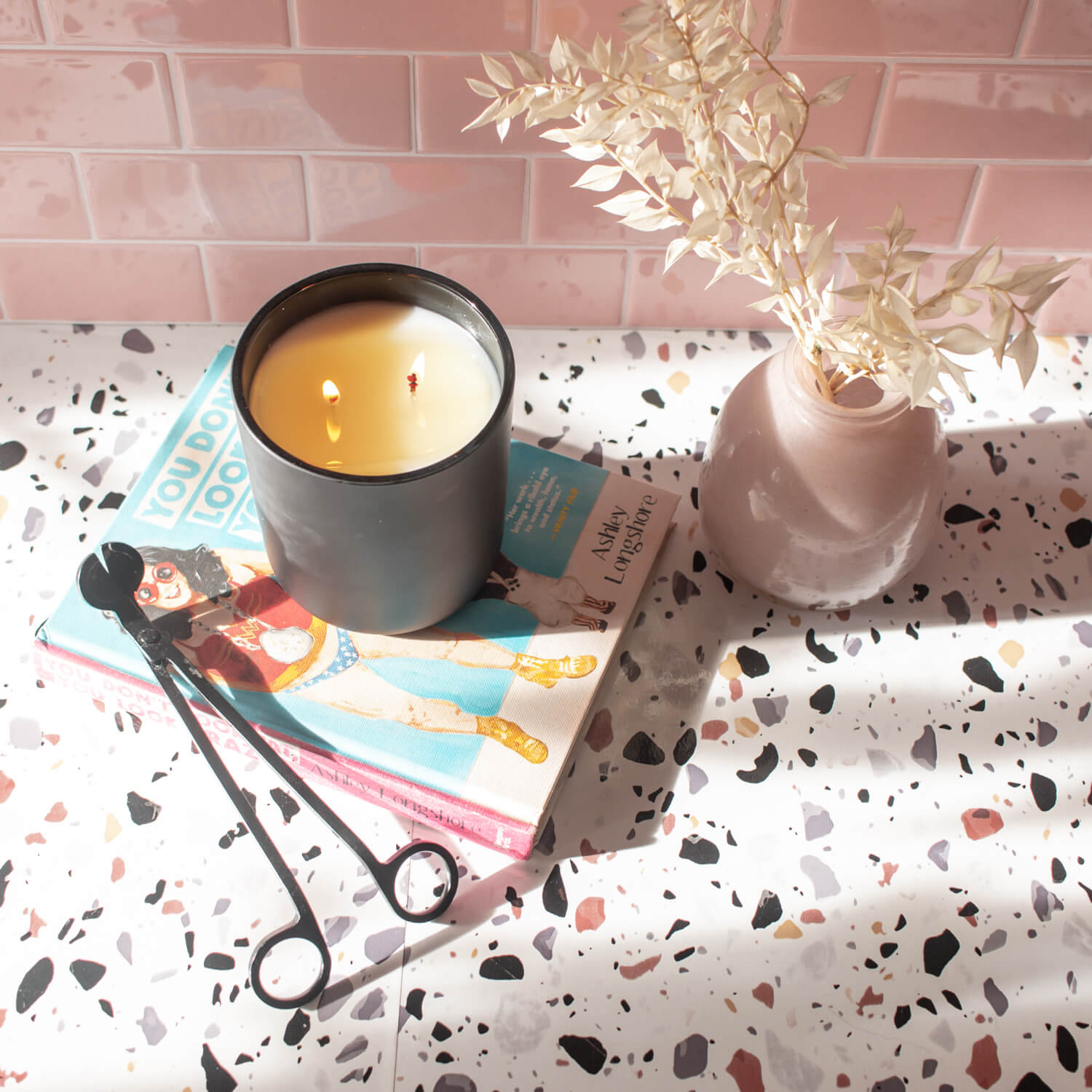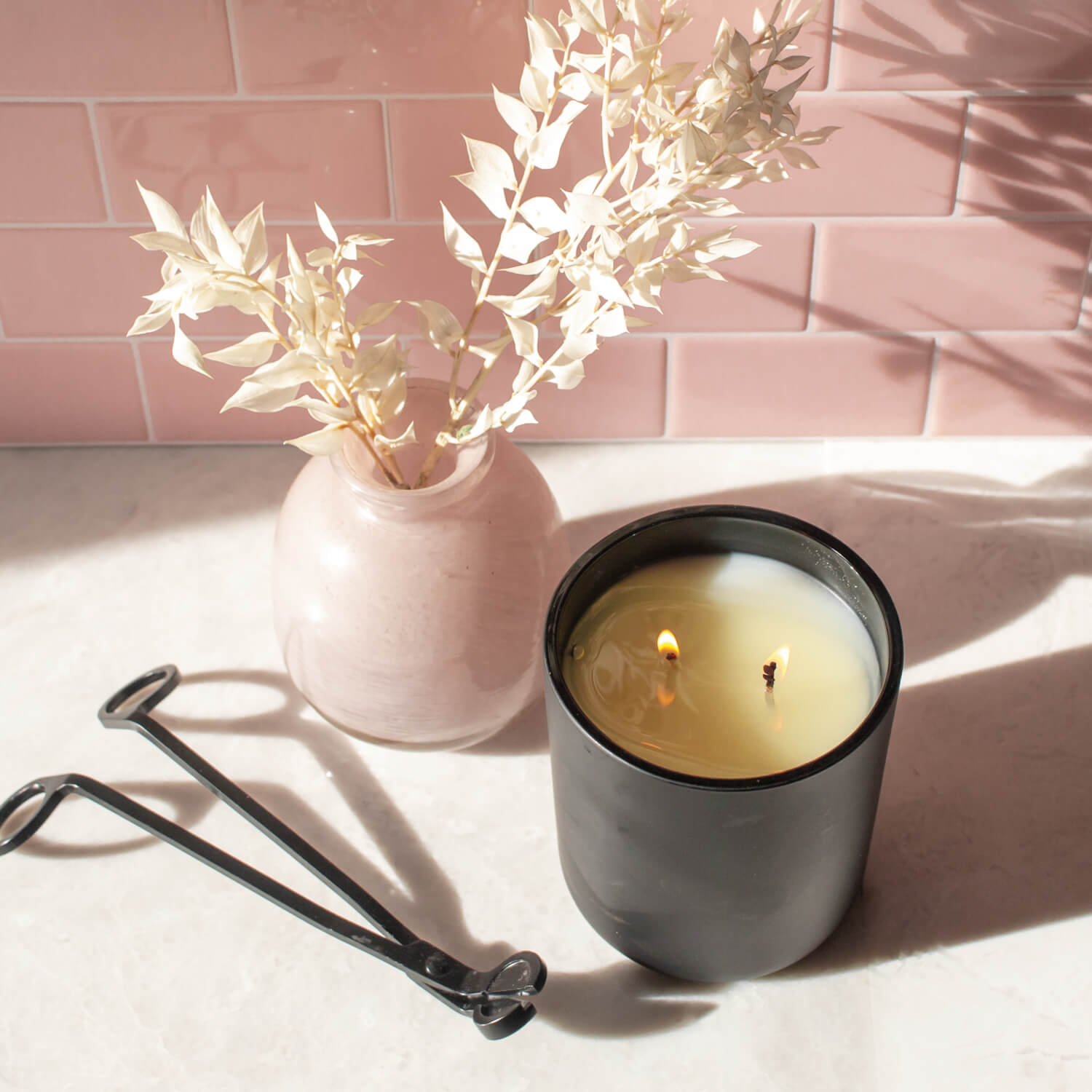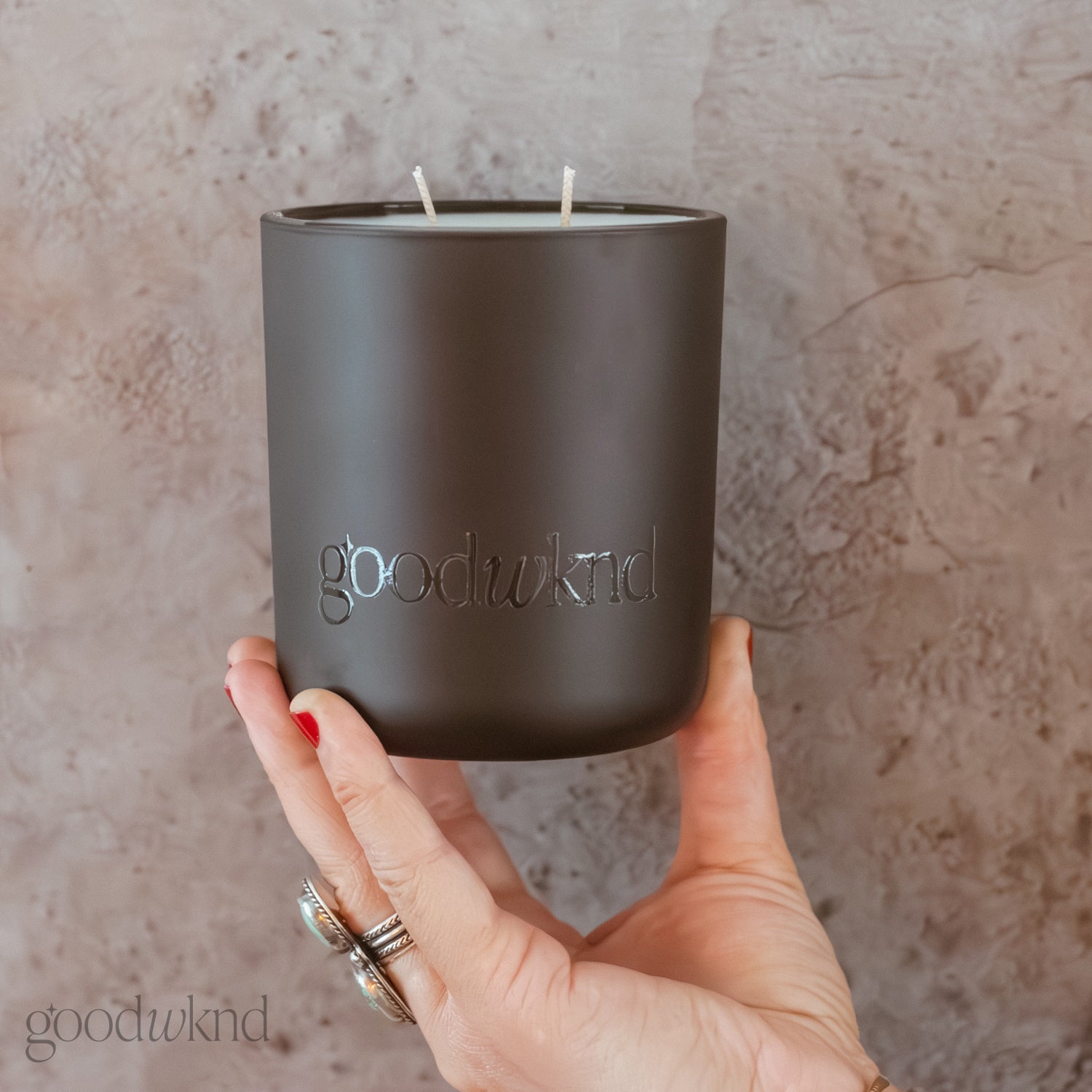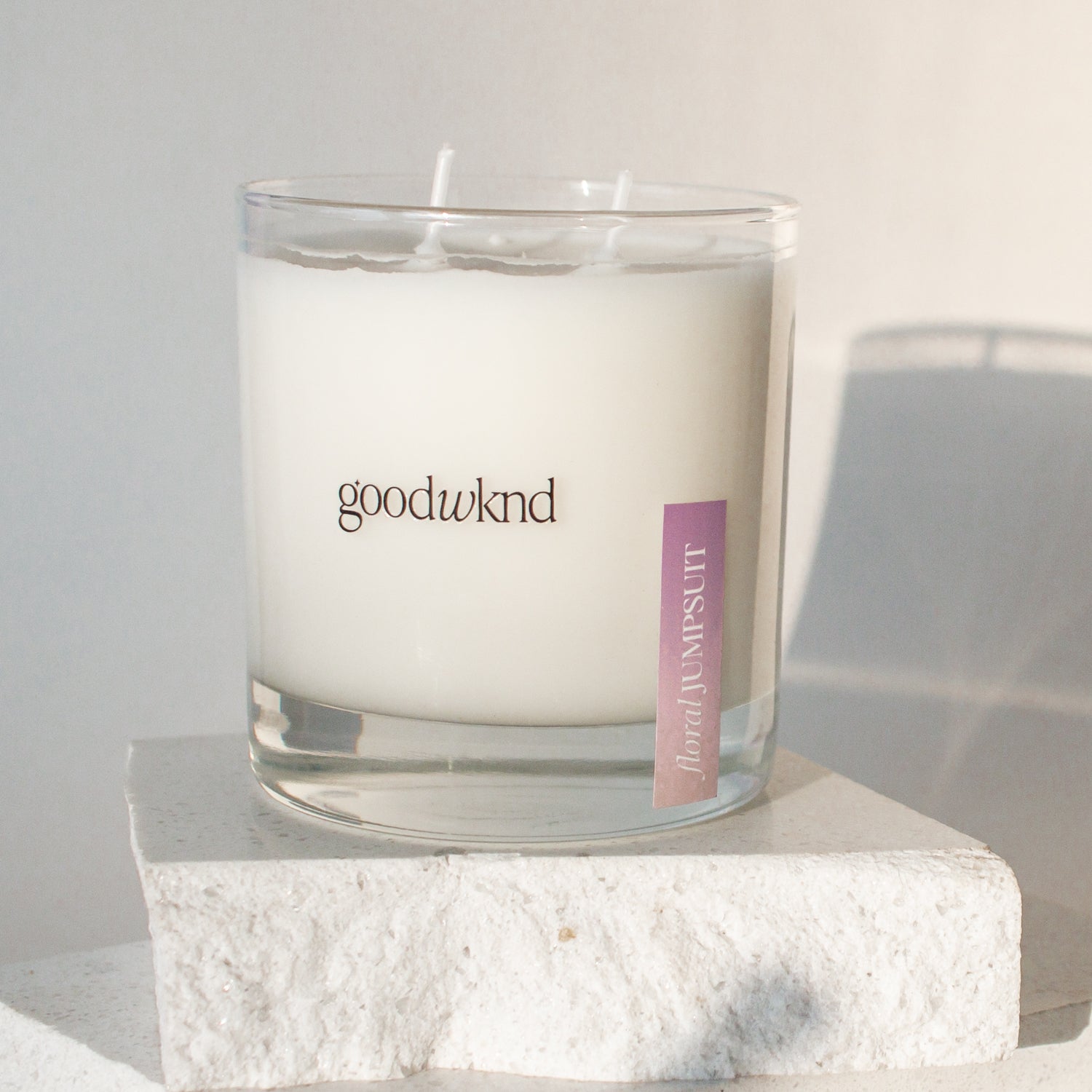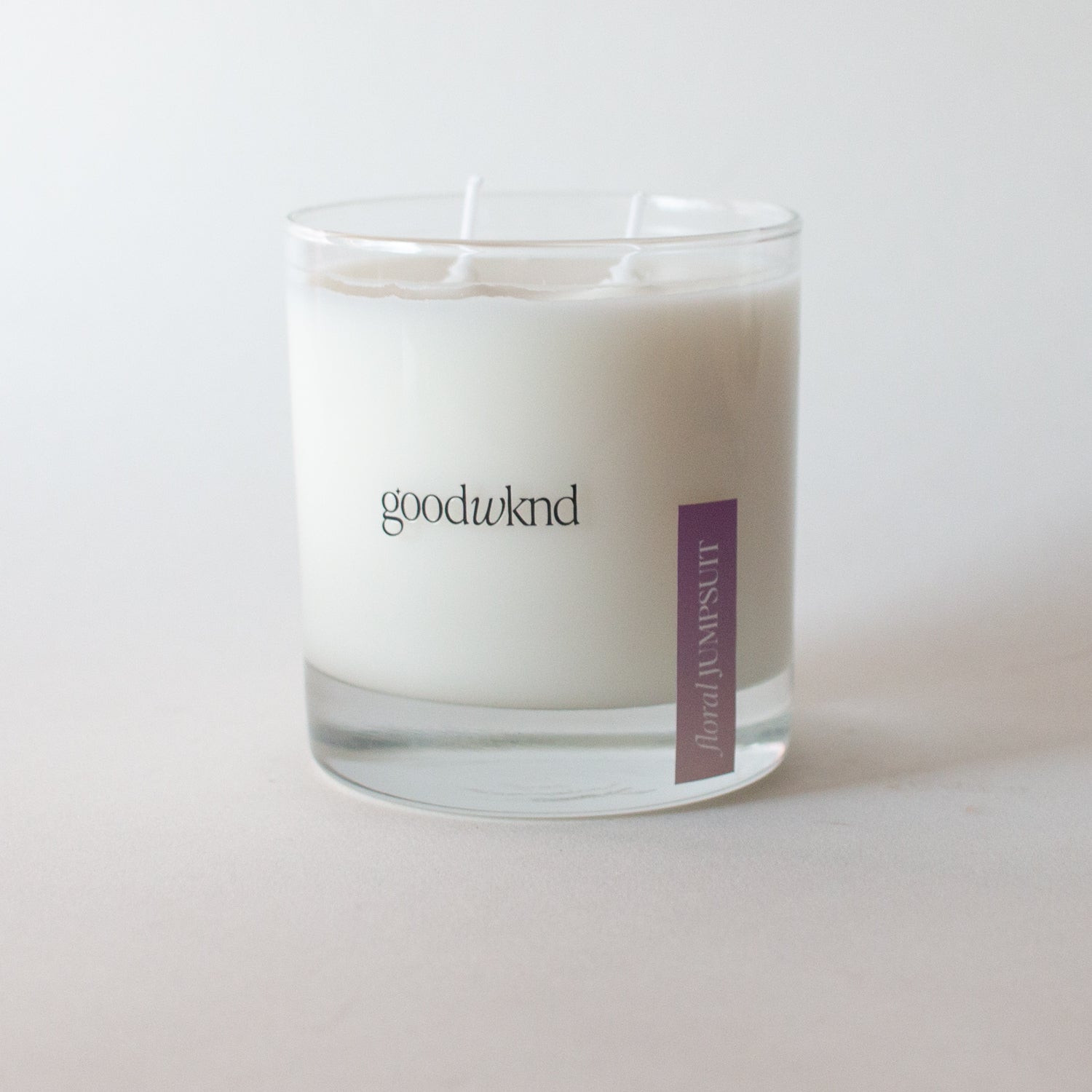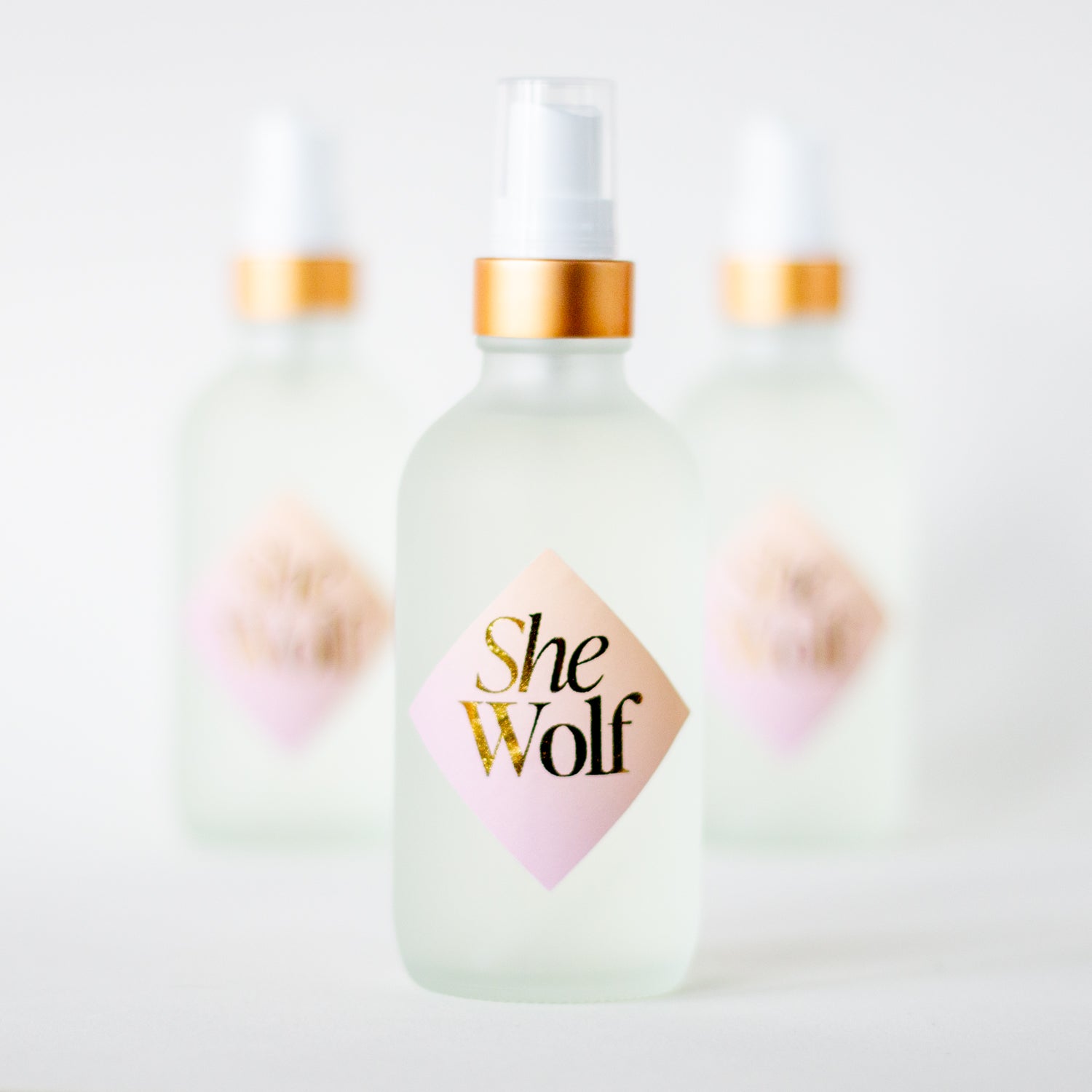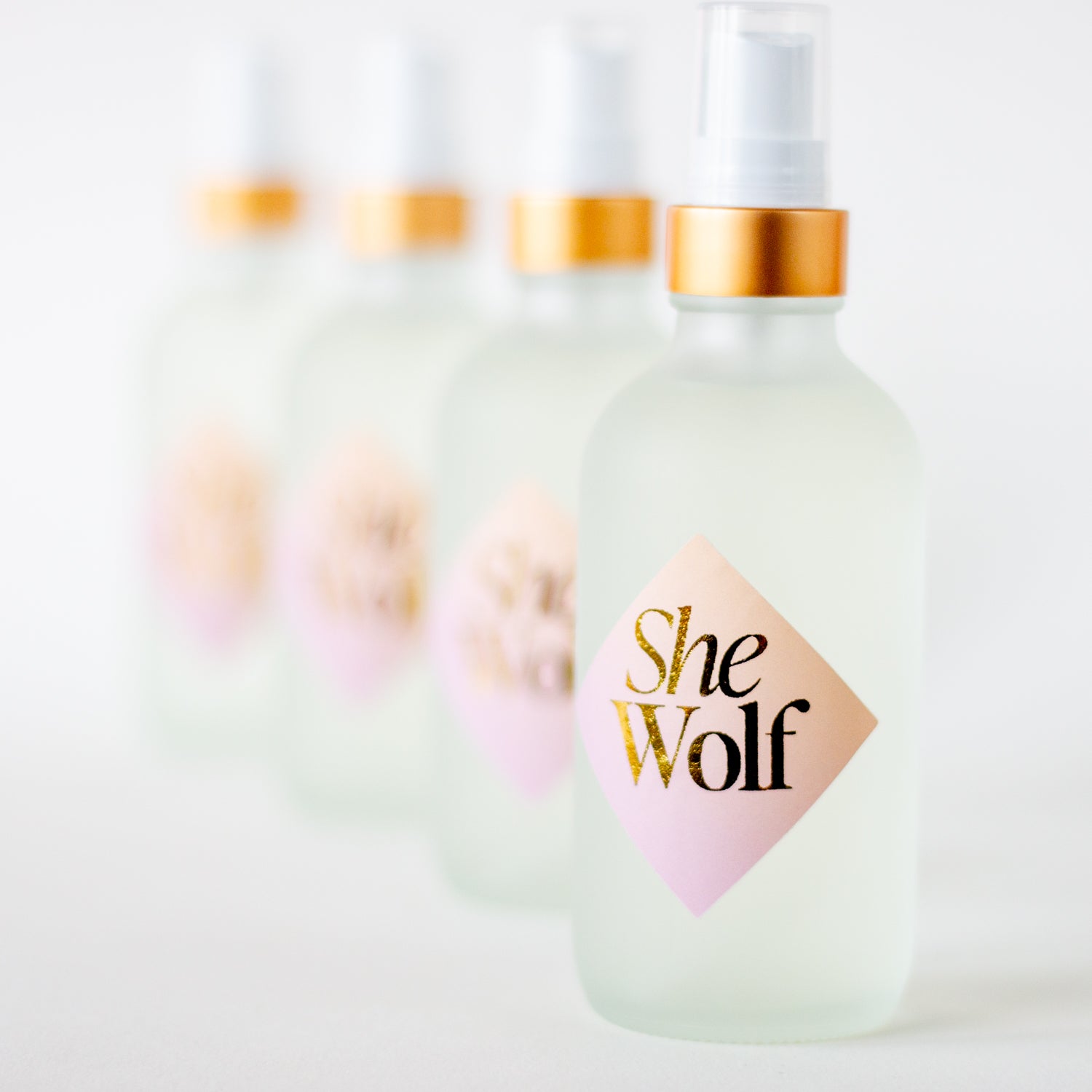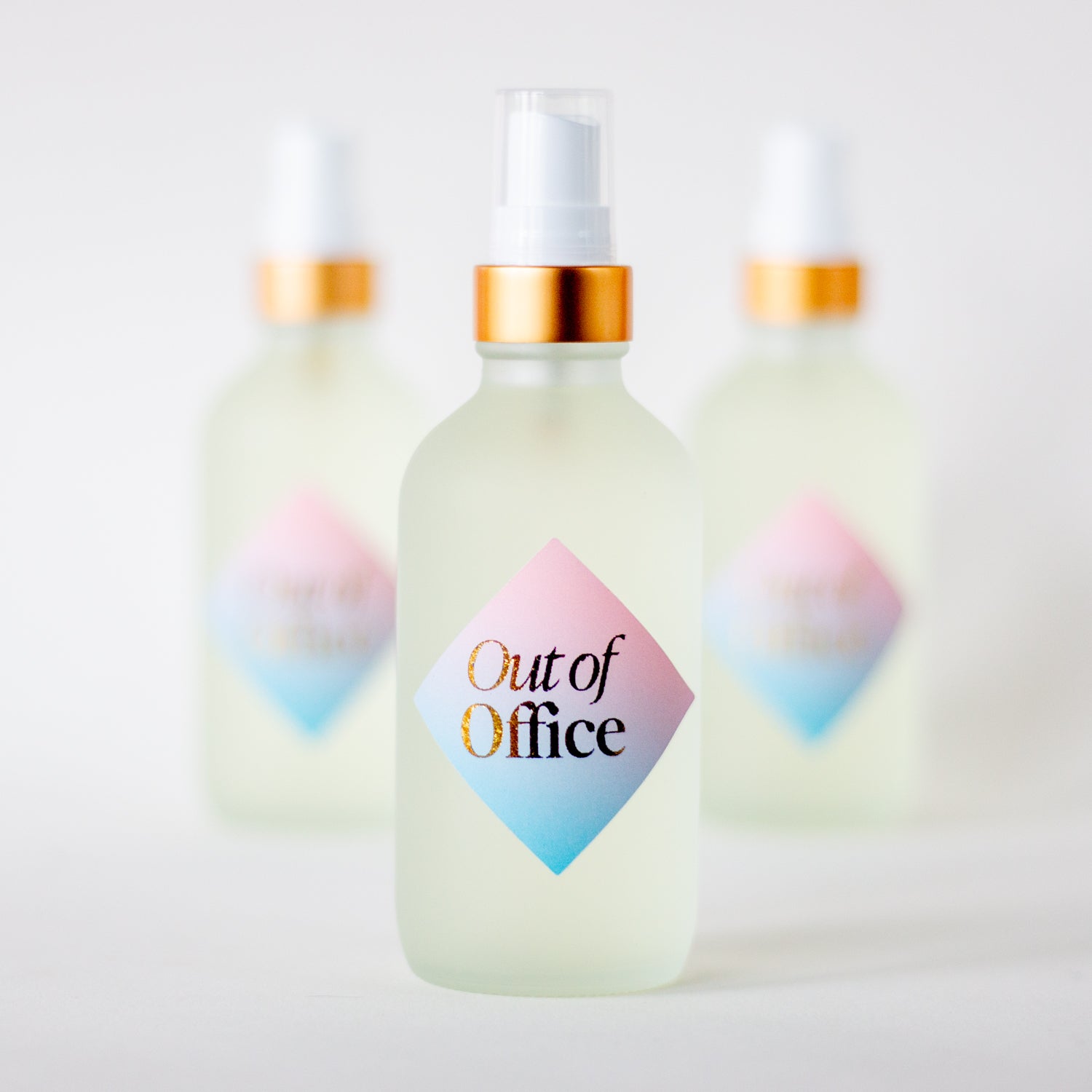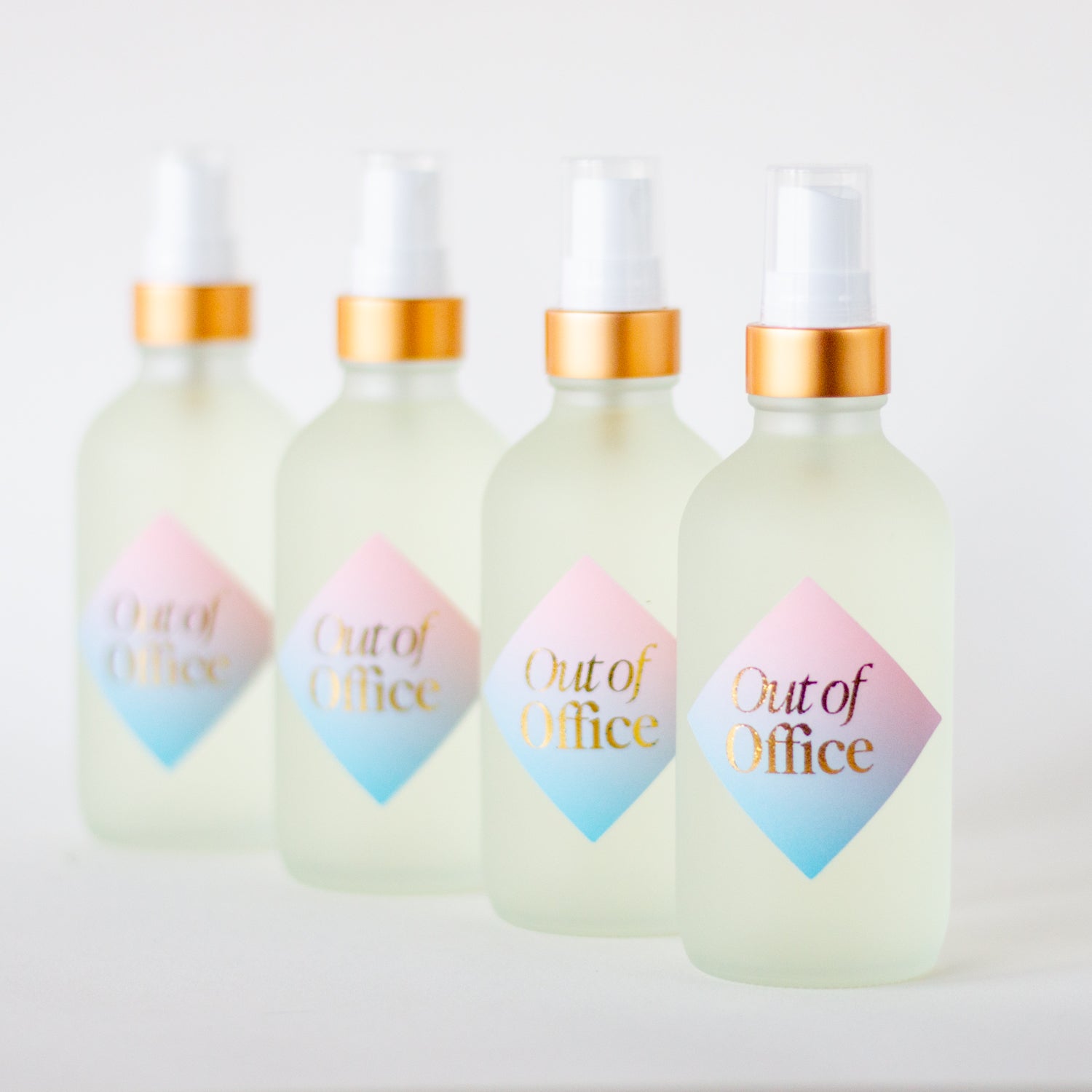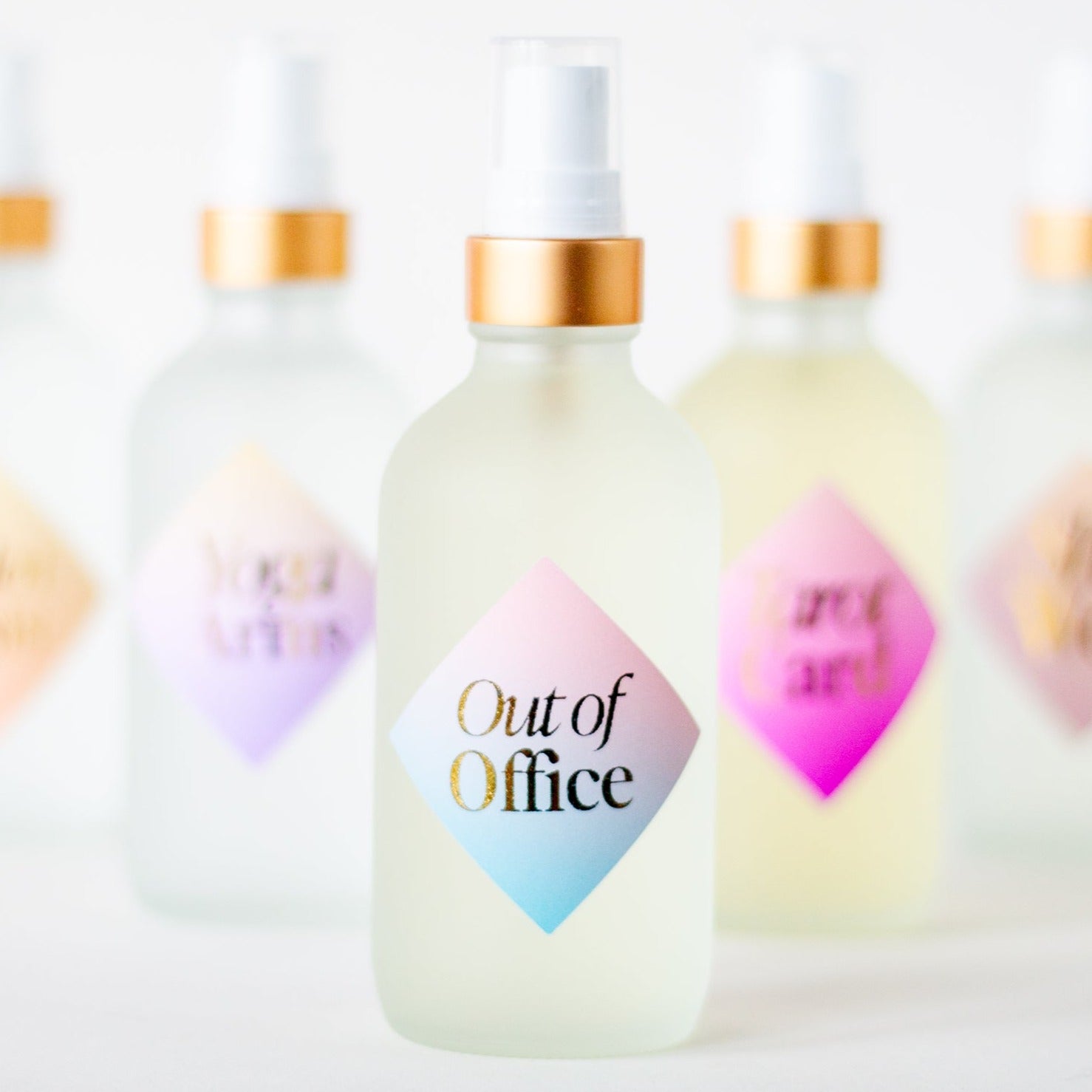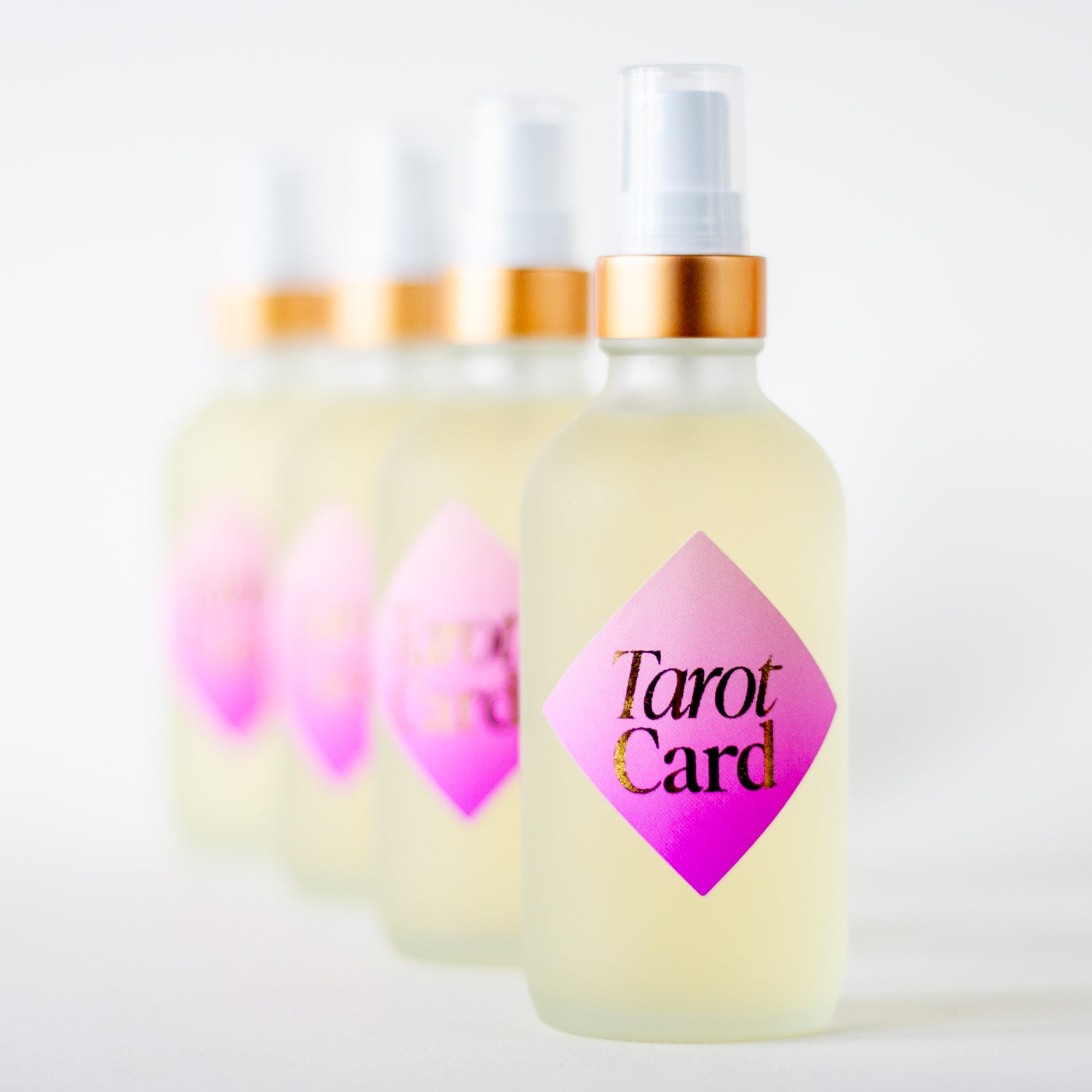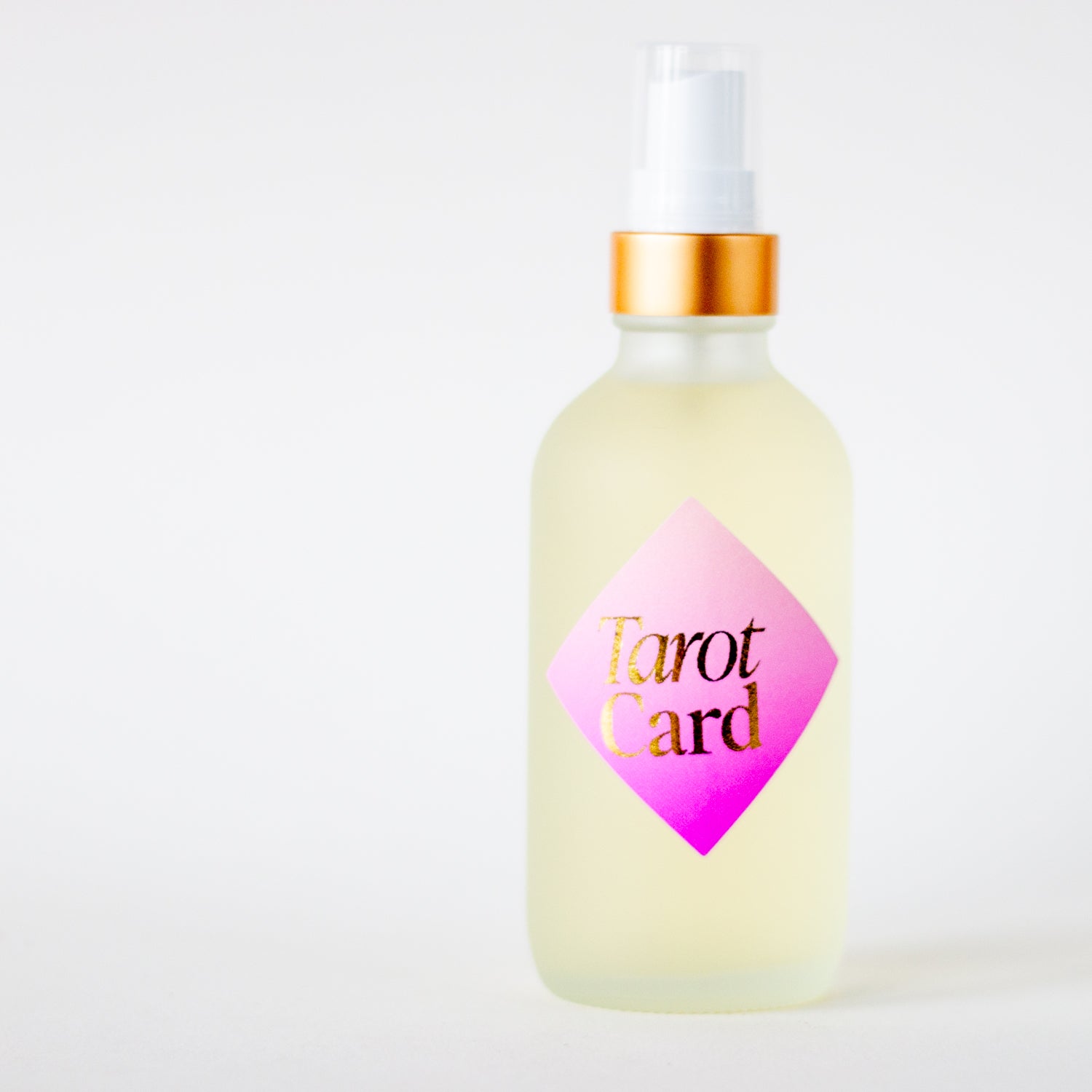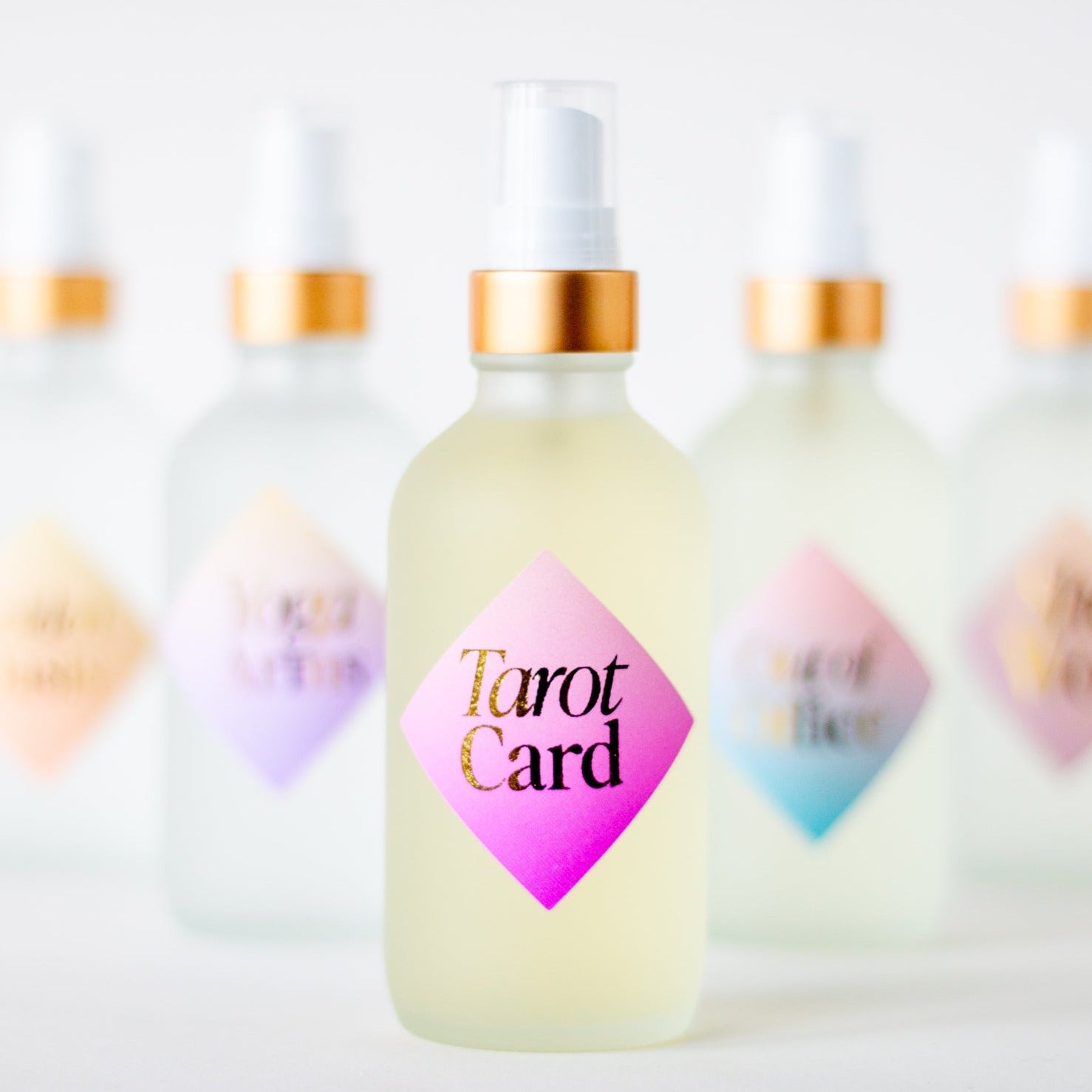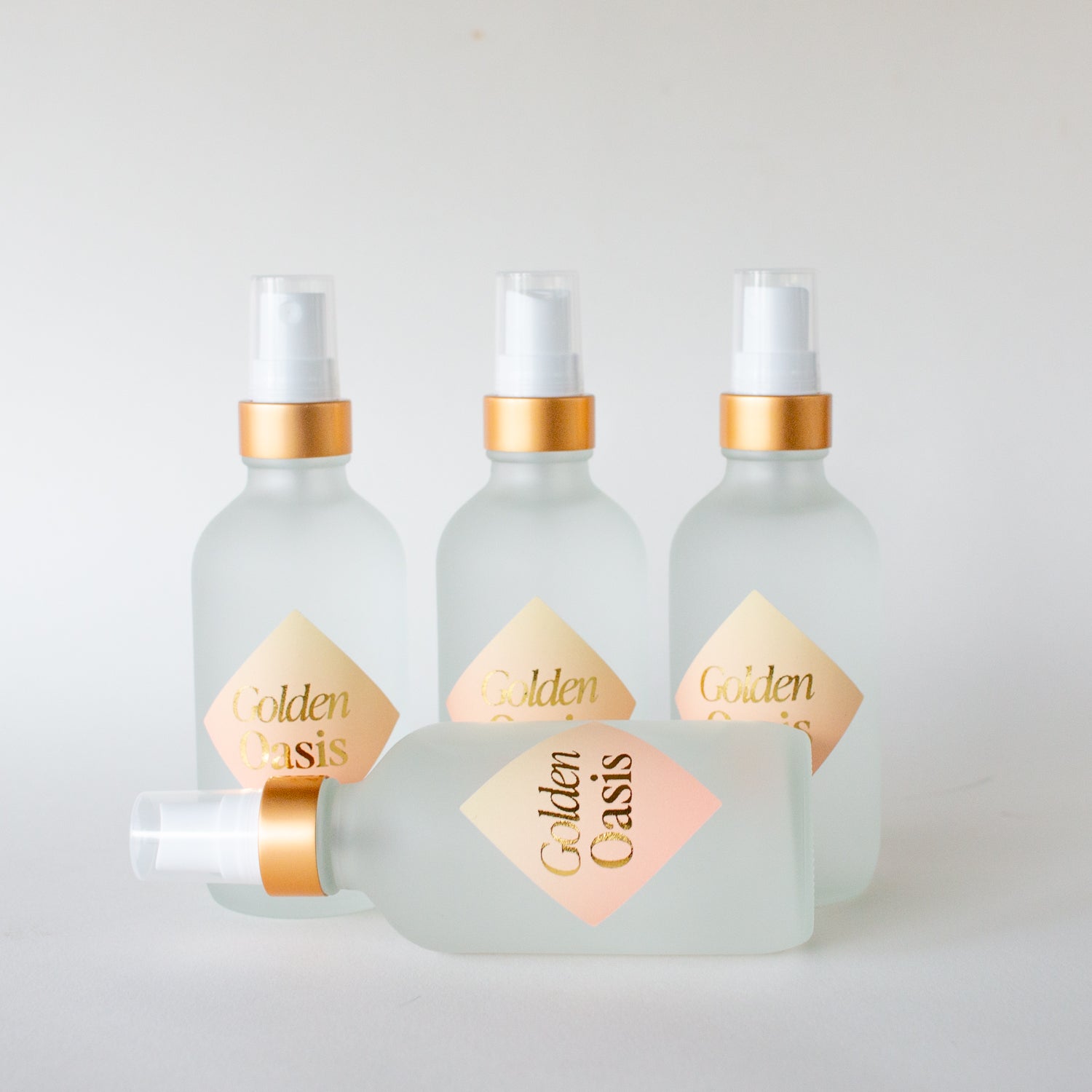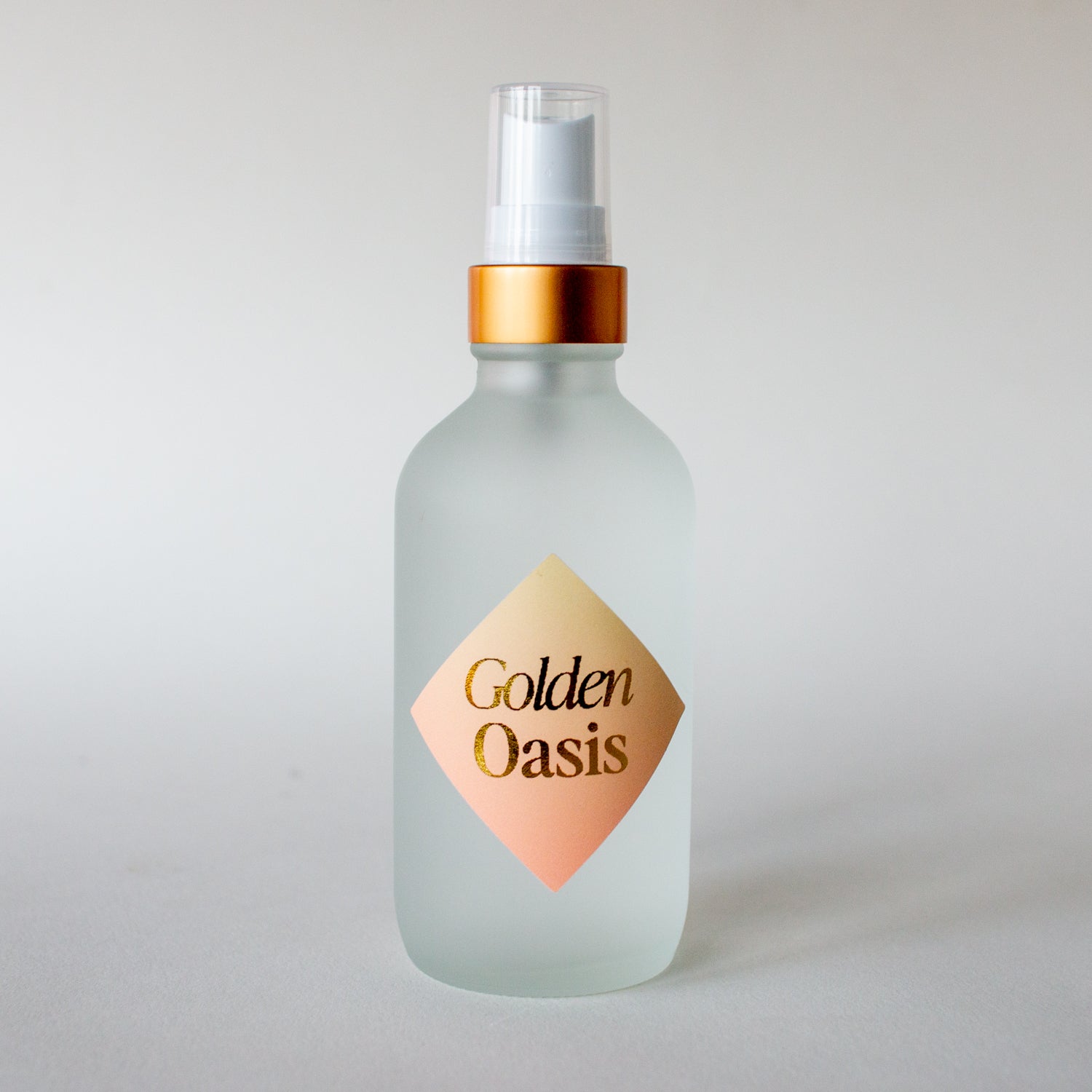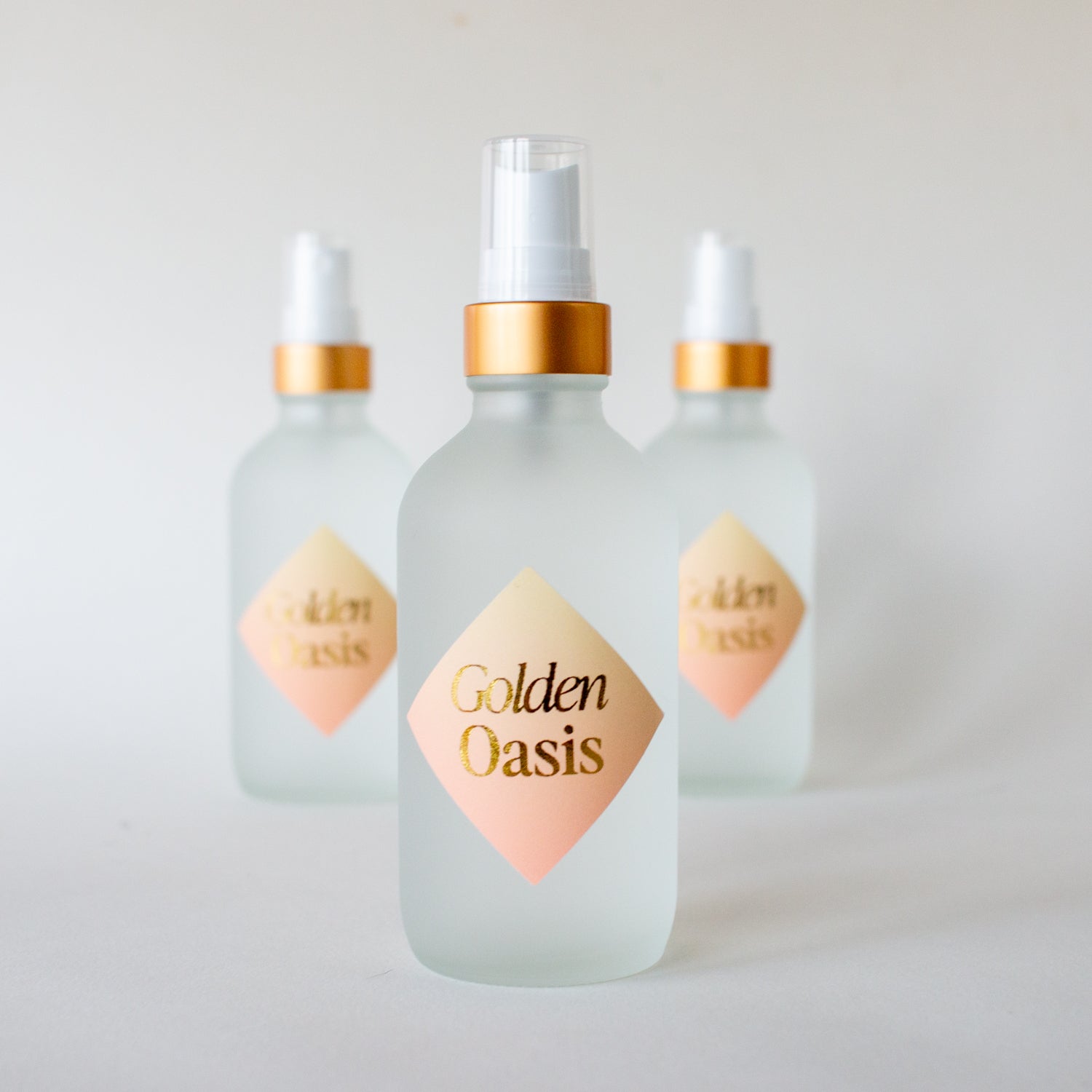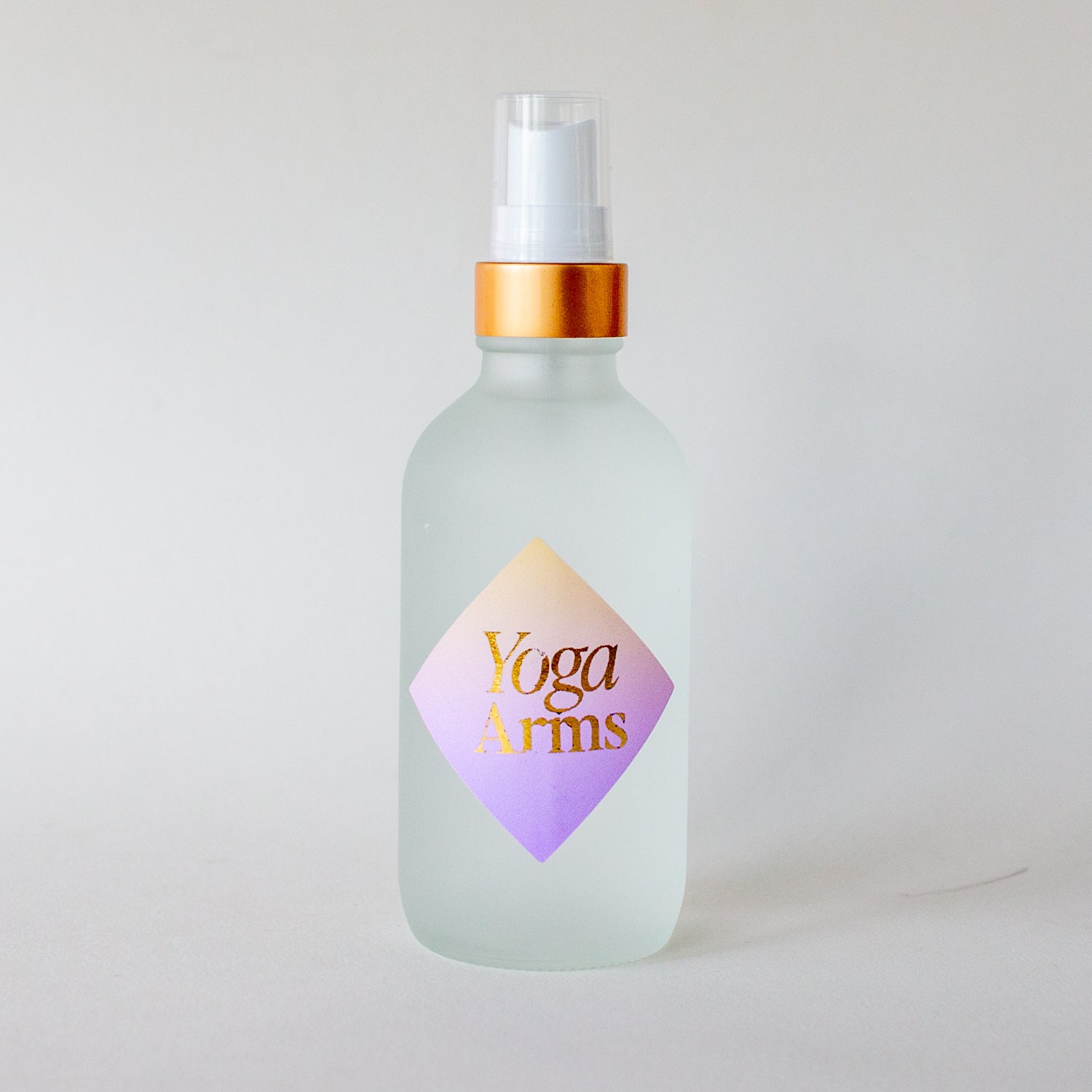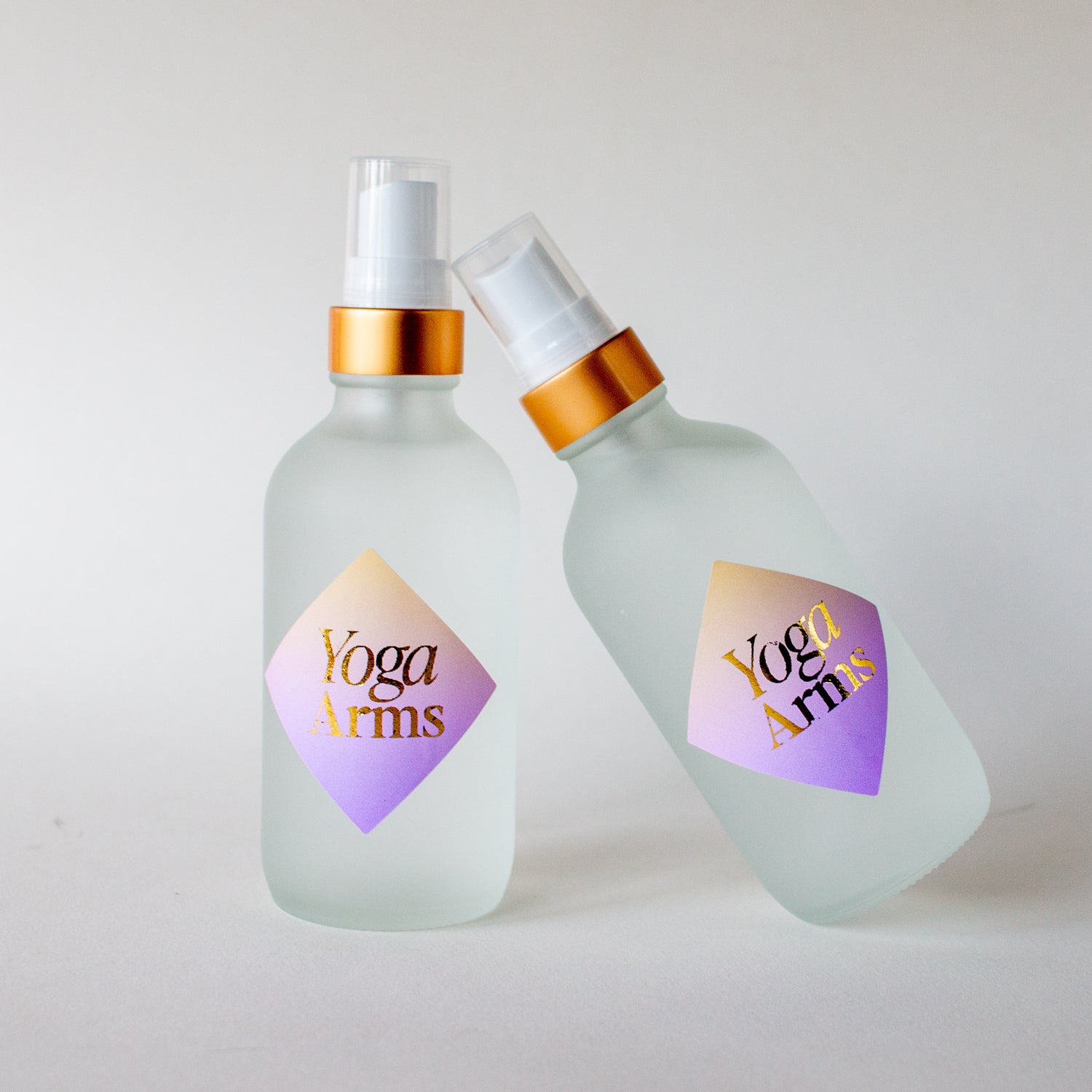In a world dominated by visuals, it's easy to overlook the power of our sense of smell. Yet, this often-neglected sense has a profound impact on our experiences, memories, and even our emotions. Welcome to the fascinating realm of the science of scent, where we delve into the intricate workings of our olfactory system and its profound influence on our daily lives.
From the comforting aroma of freshly baked cookies to the invigorating scent of a blooming garden, our sense of smell has the ability to transport us to different places and evoke a wide array of emotions. In this article, we will explore the science behind our sense of smell, uncover the secrets of scent perception, and discover how marketers and businesses tap into the power of fragrances to create memorable experiences and forge strong connections with their customers.
Join us on this aromatic journey, as we unlock the mysteries behind our sense of smell and learn how it shapes our world in ways we never thought possible.
The Power of Smell in Shaping Our Experiences
Our sense of smell is an incredibly powerful tool that plays a crucial role in shaping our experiences. While our other senses, such as sight and hearing, are often at the forefront of our conscious perception, scent works in the background, quietly influencing our thoughts, moods, and memories.
Research has shown that our olfactory system, which is responsible for detecting and processing odors, is connected directly to the limbic system, the part of our brain that controls emotions and memories. This direct connection explains why a particular scent can instantly transport us back in time, evoking vivid memories and triggering strong emotions.
Moreover, our sense of smell is closely linked to our sense of taste. In fact, it is estimated that up to 80% of what we perceive as taste is actually influenced by our sense of smell. This is why food and beverages can taste bland when we have a stuffy nose or a blocked sense of smell.
The Biology of Smelling
To understand how our sense of smell works, let's take a closer look at the biology behind it. When we encounter an odor, whether it's the scent of a fragrant flower or the pungent smell of burnt toast, odor molecules enter our nasal cavity and bind to specialized receptors located in the olfactory epithelium.
These receptors then send signals to the olfactory bulb, which is part of the brain's limbic system. The olfactory bulb processes these signals and sends them to other parts of the brain, where they are interpreted as specific smells.
Interestingly, humans have around 400 different types of olfactory receptors, each capable of detecting specific odor molecules. This incredible diversity allows us to perceive a vast range of smells, from the pleasant and familiar to the repulsive and unfamiliar.
How Scent Impacts Our Emotions and Memories
Have you ever caught a whiff of a certain fragrance and instantly felt a surge of nostalgia or a flood of emotions? This is because scent has a direct impact on our emotions and memories.
As mentioned earlier, our olfactory system is directly connected to the limbic system, which regulates emotions and memories. When we encounter a particular scent, it activates specific areas of the brain associated with these functions, leading to the release of neurotransmitters that can evoke feelings of happiness, relaxation, or even sadness.
Furthermore, scent has the power to trigger memories and associations that we may have long forgotten. This is due to the unique way in which our brains store and retrieve scent-related memories. Unlike visual or auditory memories, which are processed by different parts of the brain, scent memories are stored in the same region that processes the initial olfactory experience. This close relationship between scent and memory explains why a certain aroma can instantly transport us back to a specific time or place.

|
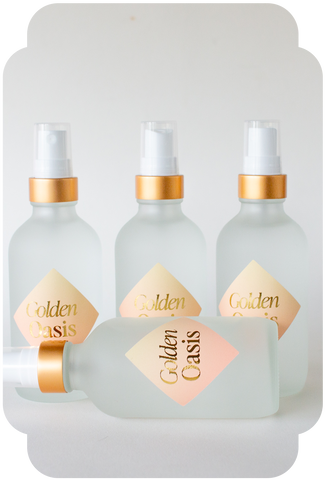 |
The Role of Scent in Marketing and Branding
Marketers and businesses have long recognized the power of scent in creating memorable experiences and forging strong connections with their customers. The strategic use of scent in marketing and branding can evoke positive emotions, enhance brand recognition, and even influence purchasing decisions.
For instance, retail stores often utilize pleasant fragrances to create a welcoming and inviting atmosphere, encouraging customers to stay longer and potentially make more purchases. Similarly, luxury brands may incorporate specific scents into their products or stores to create a sense of exclusivity and elegance.
In addition to creating a positive sensory experience, scent can also trigger brand associations and reinforce brand identity. For example, the subtle scent of a particular fragrance can instantly remind consumers of a specific brand or product, strengthening their loyalty and affinity.
The Psychology Behind Scent Preferences
Why do certain scents appeal to some people while repelling others? The answer lies in the complex interplay between biology, psychology, and personal experiences.
Studies have shown that our scent preferences are influenced by a combination of genetic factors and environmental influences. Our genetic makeup determines the types of olfactory receptors we have, which in turn affects our sensitivity to certain odors. Additionally, our experiences and cultural background play a significant role in shaping our scent preferences. For example, a particular scent may evoke positive emotions and memories for one person, while triggering negative associations for another.
Furthermore, our mood and current state of mind can also influence our scent preferences. Research has shown that individuals in a positive mood tend to prefer pleasant and familiar scents, while those in a negative mood may be more drawn to novel or challenging fragrances.
The Science of Creating and Choosing Fragrances
Creating a fragrance is both an art and a science. Perfumers, also known as "noses," use a combination of natural and synthetic ingredients to craft unique scents that evoke specific emotions and experiences.
Perfume creation begins with the selection of base notes, which form the foundation of the fragrance. These base notes are often derived from natural ingredients such as woods, resins, or musks and provide a long-lasting scent. Next, the perfumer adds middle notes, which give the fragrance its character and personality. These middle notes can include floral, fruity, or spicy scents. Finally, the top notes, also known as the "opening" of the fragrance, are added. These top notes are usually light and fresh and are the first scents you experience when applying the perfume.
Choosing the right fragrance is a highly personal decision, influenced by factors such as individual preferences, body chemistry, and occasion. When selecting a fragrance, it's important to consider factors such as the season, time of day, and the desired effect. For example, lighter and citrusy scents are often preferred during the summer months, while warmer and spicier fragrances are more suitable for the winter season.
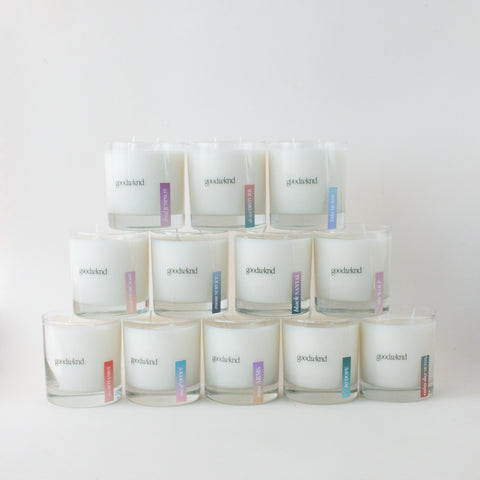
The Impact of Scent on Productivity and Well-being
The power of scent extends beyond its influence on emotions and memories. Research has shown that certain scents can have a direct impact on our productivity, focus, and overall well-being.
For instance, the scent of lavender has been found to have calming and relaxing effects, making it ideal for promoting a sense of tranquility and aiding sleep. On the other hand, scents like peppermint and citrus have been shown to enhance alertness and improve cognitive performance, making them great choices for boosting productivity and concentration.
Furthermore, aromatherapy, which involves the use of scents to promote physical and psychological well-being, has gained popularity in recent years. Essential oils derived from plants are often used in aromatherapy to address a wide range of issues, from stress and anxiety to pain management and sleep disorders.
The Future of Scent Research and Technology
As our understanding of scent continues to evolve, so does the potential for innovative applications and advancements in scent technology.
Scientists are exploring the use of scent as a diagnostic tool for various medical conditions, including neurodegenerative diseases. It has been found that certain scents can reveal subtle changes in brain function and potentially aid in early detection and diagnosis.
Additionally, scent-based virtual reality experiences are being developed, allowing users to immerse themselves in virtual worlds enhanced with realistic aromas. This exciting technology has the potential to revolutionize entertainment, gaming, and even therapy.
Harnessing the Power of Scent in Our Daily Lives
Our sense of smell is a powerful and often underestimated sense that plays a significant role in shaping our experiences, emotions, and memories. From the comforting scent of home to the invigorating aroma of nature, scent has the ability to transport us and evoke a wide range of emotions.
As we have explored in this article, the science of scent is a fascinating field that continues to reveal new insights into the workings of our olfactory system. Whether it's in marketing and branding, personal well-being, or even medical diagnostics, the power of scent is being harnessed in innovative and exciting ways.
So, the next time you catch a whiff of a delightful fragrance, take a moment to appreciate the profound impact it has on your life. Embrace the power of scent and allow it to enhance your experiences, create lasting memories, and forge deeper connections with the world around you.

